The COVID-19 pandemic has drastically impacted the 2020 NFL season in countless ways.
From the cancellation of all preseason games to empty (or near-empty) stadiums to mask-wearing and the move to all-virtual media availabilities, we've seen impacts of the coronavirus on the league for months.
But now with just three weeks of the regular season remaining, ESPN's Kevin Seifert delved deep into 10 trends that have come about as a result of COVID-19 safety protocols across the NFL.
He started by pointing out that road teams have the highest winning percentage in decades, due to the fact that most games (with the exception of the Cowboys) have had fewer than 16,000 fans in attendance – and 13 teams have not allowed fans at all.
Of the Vikings six wins, three have been away: at Houston, at Chicago and at Green Bay. Seifert wrote:
Road teams have won 49.3 [percent] of games, their highest rate since at least 2001. According to the NFL, the top modern-day road winning percentage for an entire season is 48.4 [percent] in 1972.
It should be noted that road teams performed much better than average last season as well, winning 47.1 [percent] of their games. But from 2001 to '18, the average winning percentage for a road team was 42.9 [percent]. Players have noticed the difference in 2020.
Next on Seifert's list was that scoring totals are "unprecedented" in 2020, with offenses averaging 23.7 points per game. That number does not take into account defensive or special teams touchdowns and is more than any similar period in league history and, according to ESPN, 4.1 percent higher than the next closest season.
There are multiple reasons for that development (including a big drop in offensive holding penalties), and not all of them are directly related to the pandemic. But a closer look at the home-road splits makes clear that road teams, who presumably have an easier time in 2020 thanks to relatively quiet stadiums, account for most of the surge. Road offenses scored slightly more points per game than home teams, and their average of 23.71 points per game is 10.5 [percent] higher than in any other season. (Home offenses' output in 2020 ranks second in league history, trailing the 2018 season by 1.5 [percent] in points per game.)
View photos of the Vikings 53-man roster as of January 4, 2021.



14 QB Sean Mannion

4 QB Sean Mannion








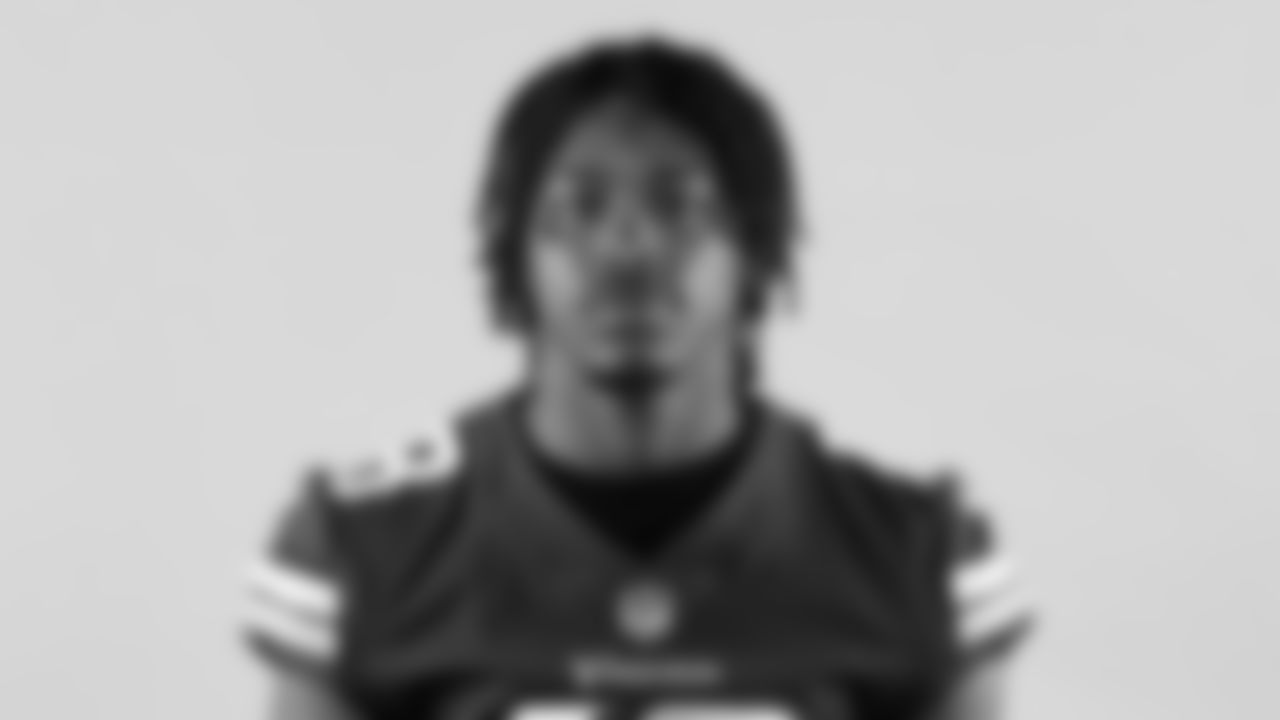
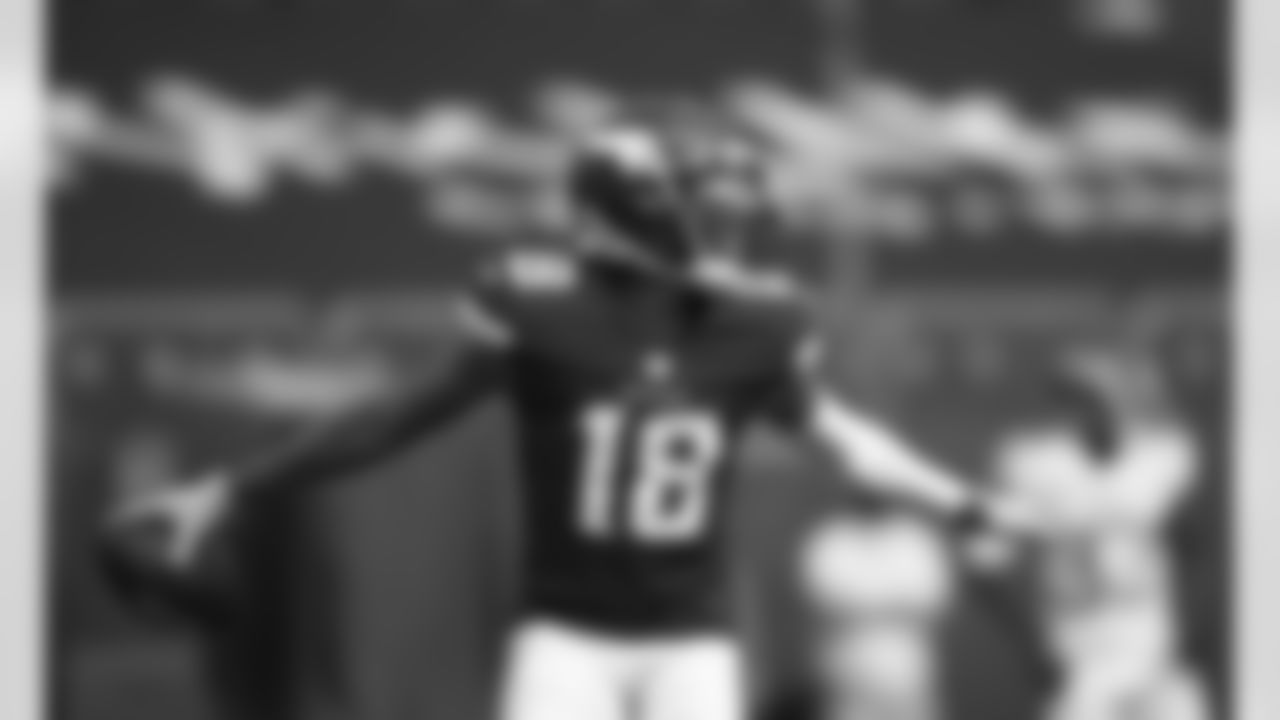
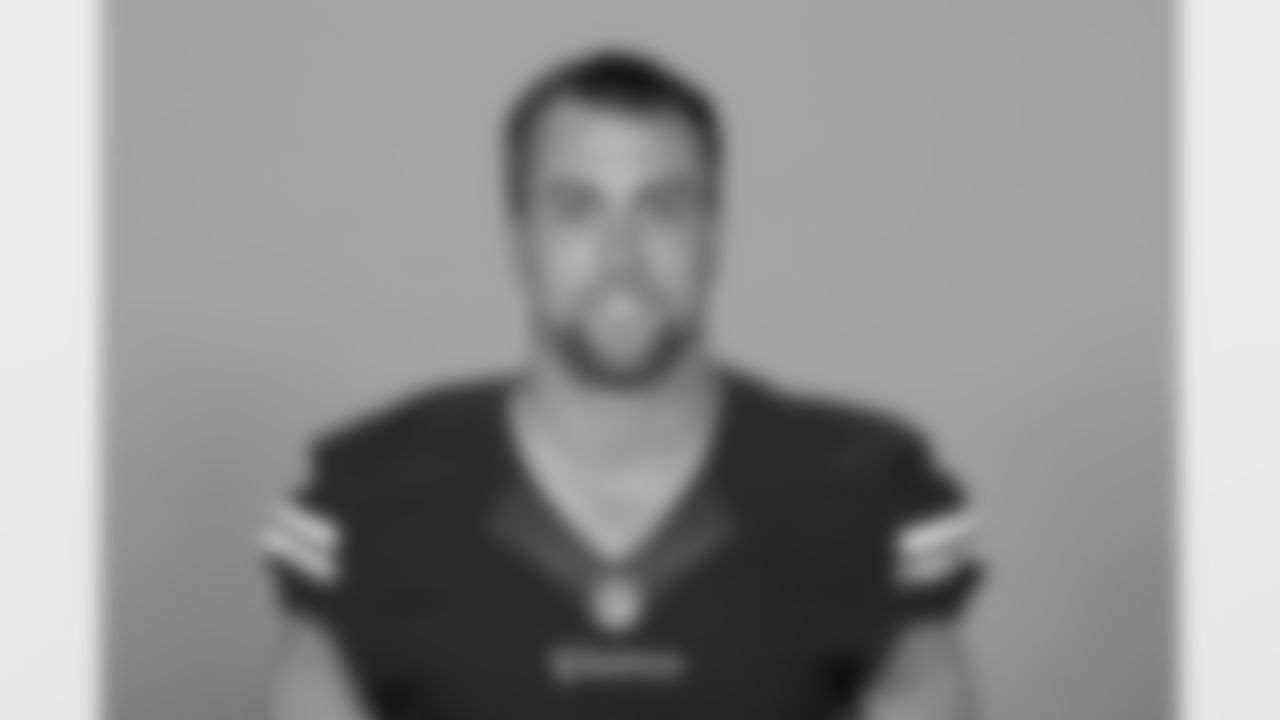
19 WR Adam Thielen

19 WR Adam Thielen
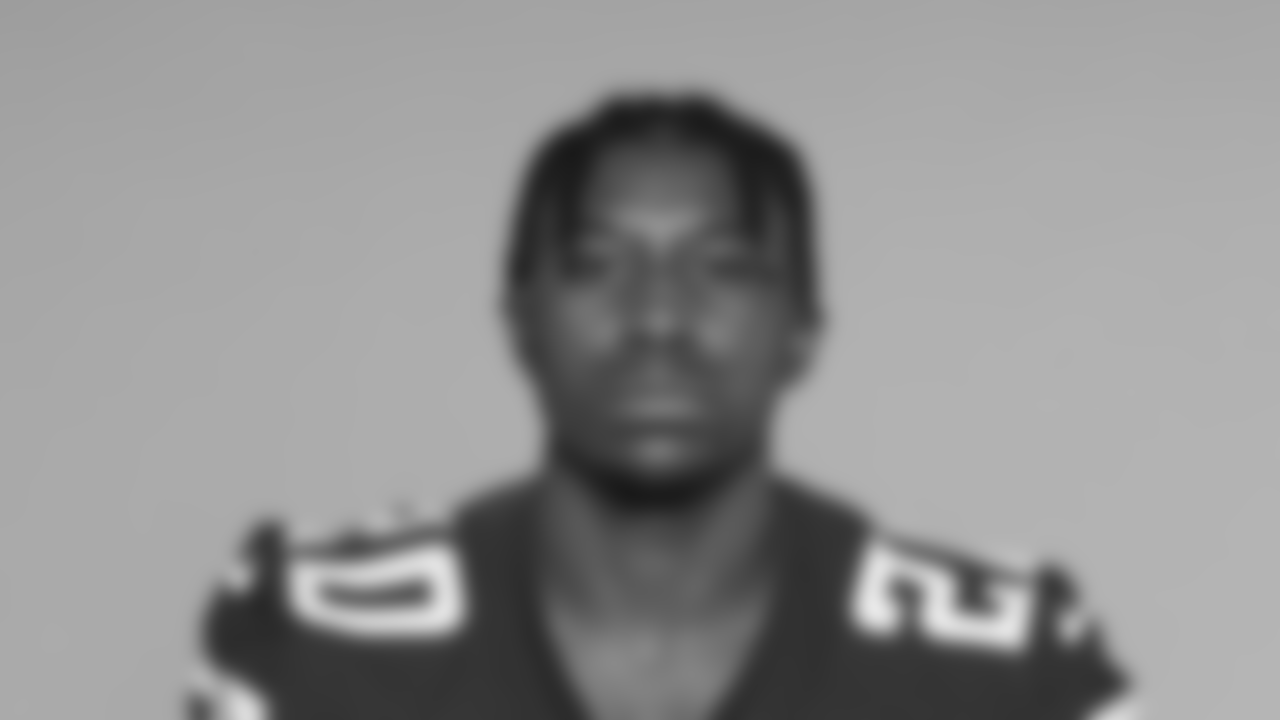
20 CB Jeff Gladney

20 CB Jeff Gladney



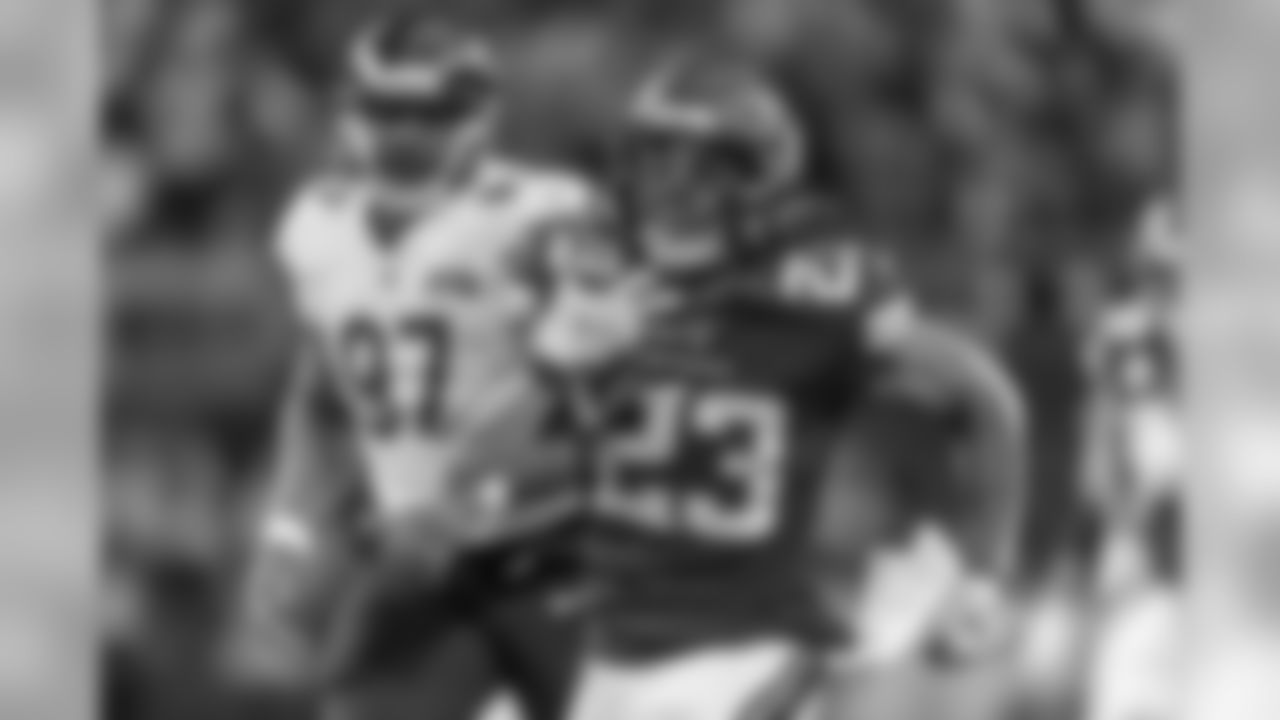
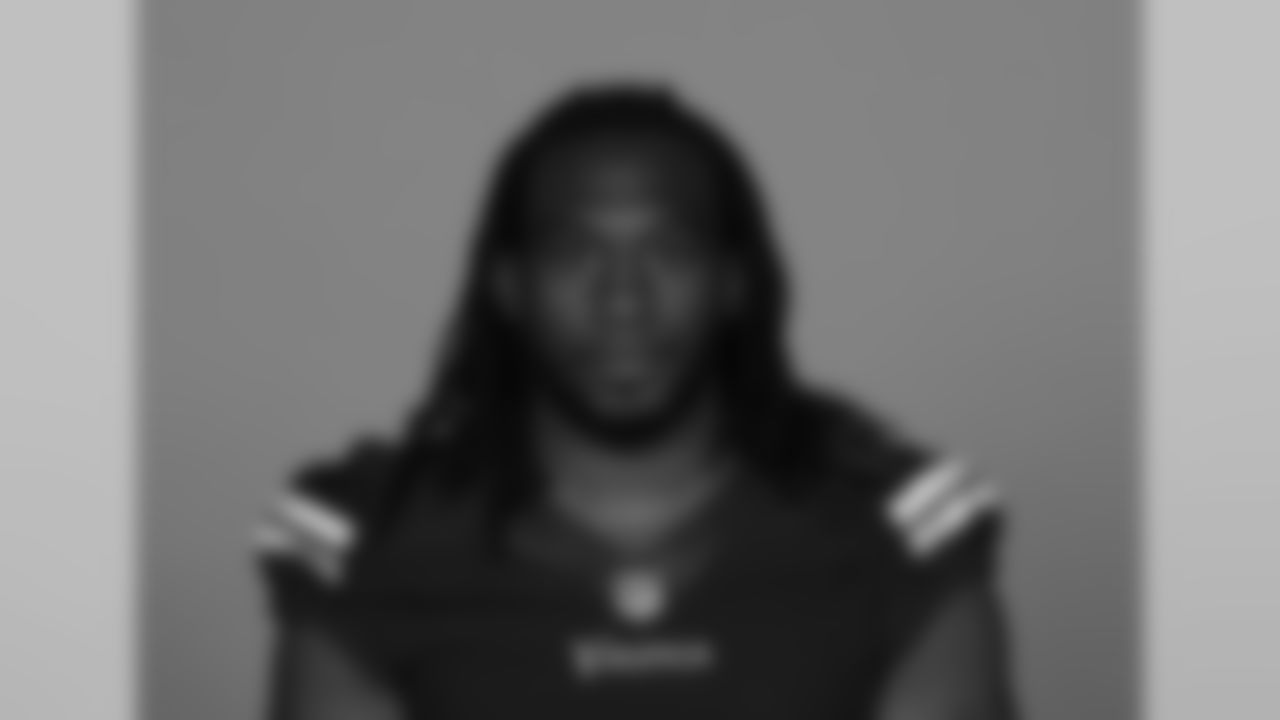
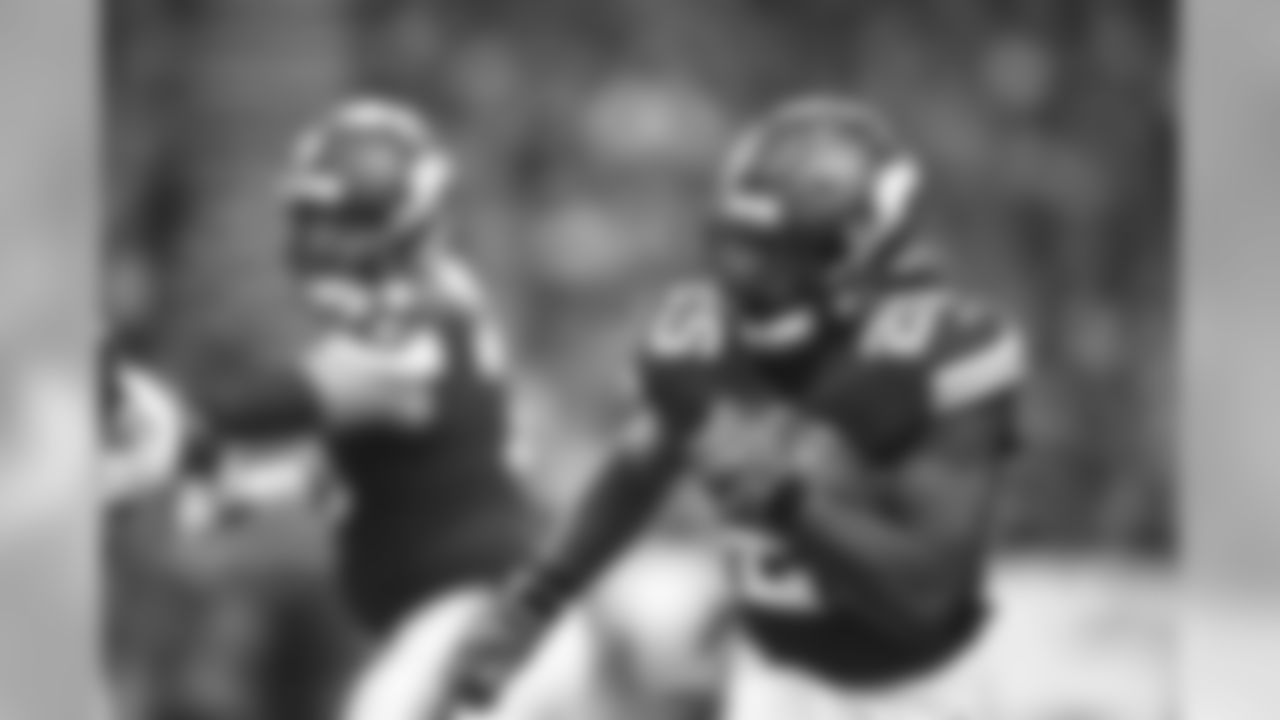

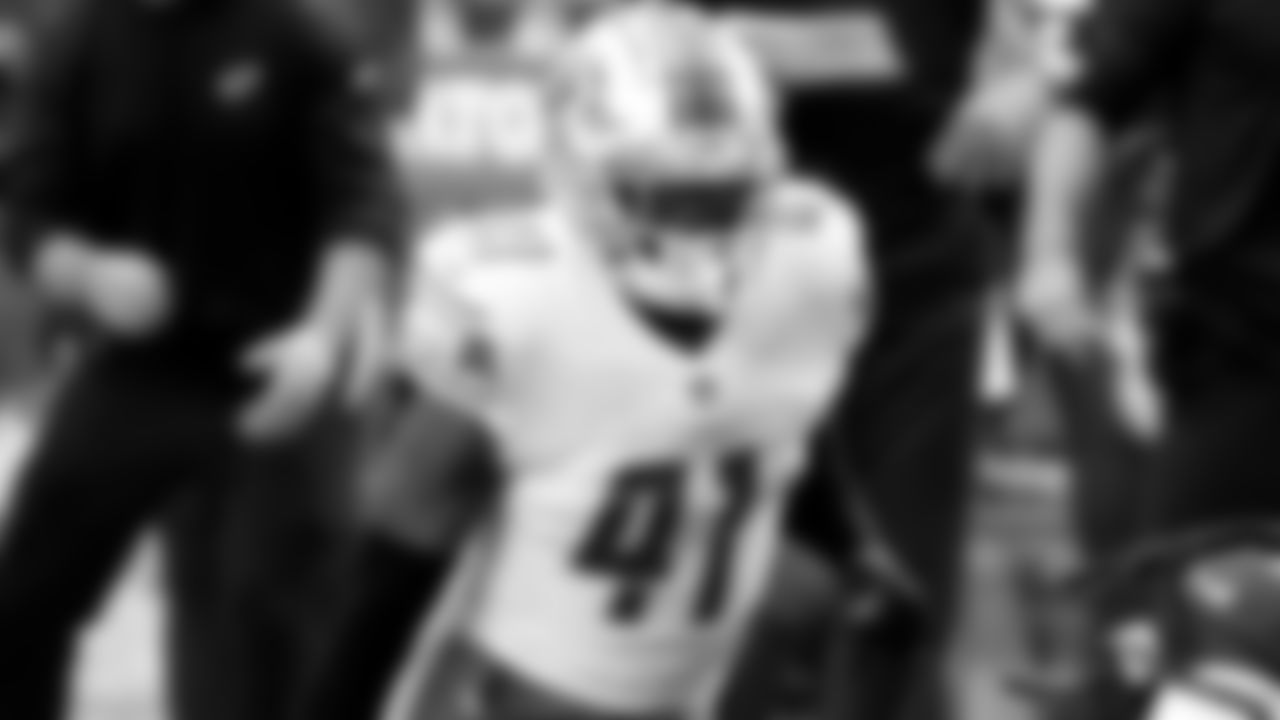


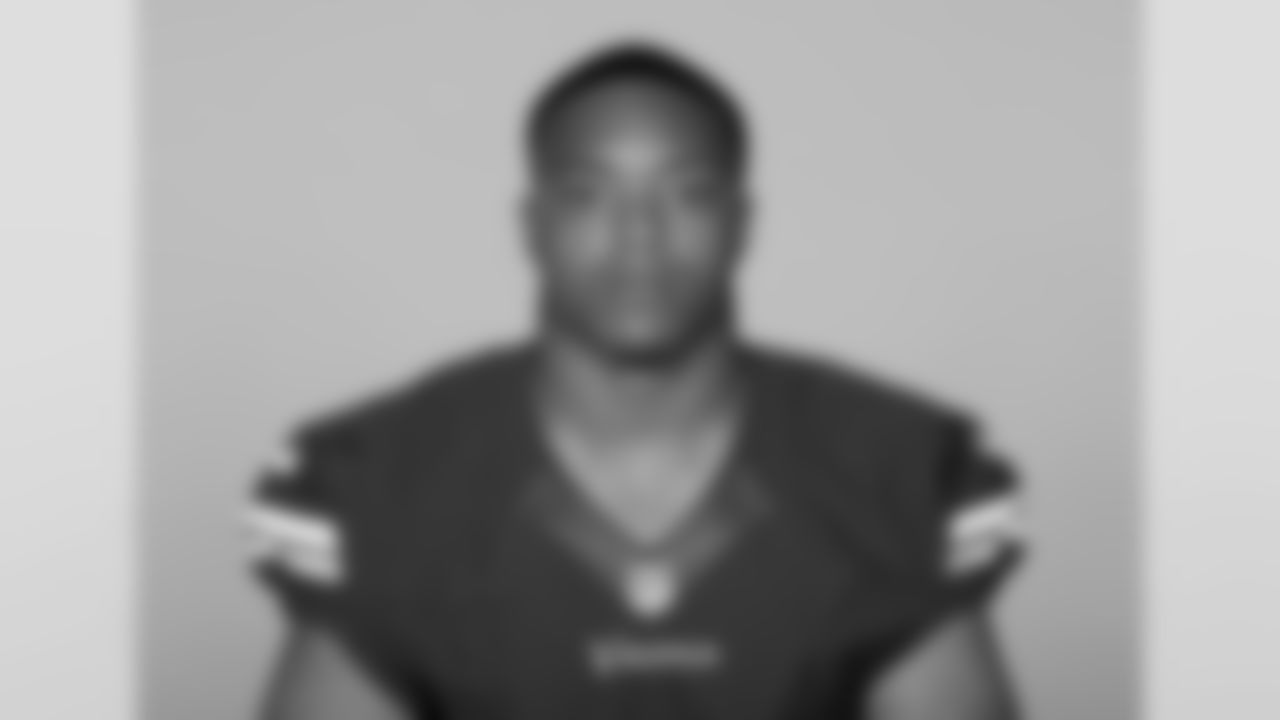
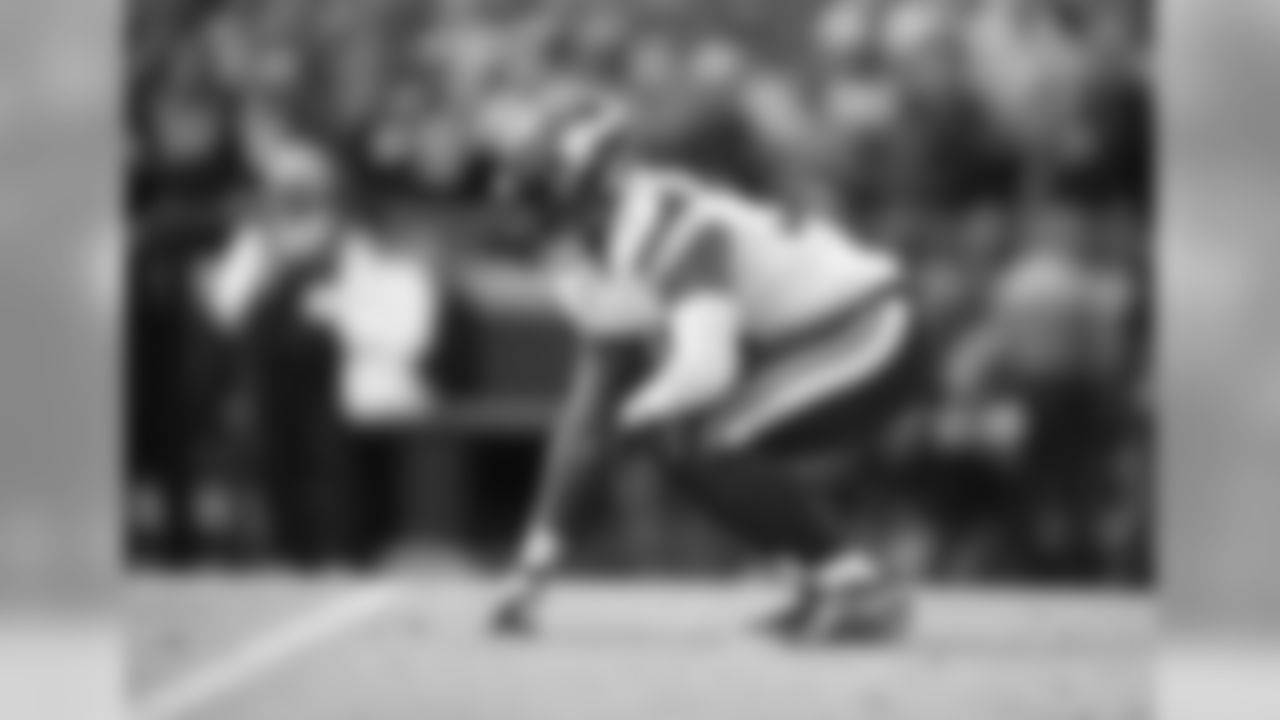



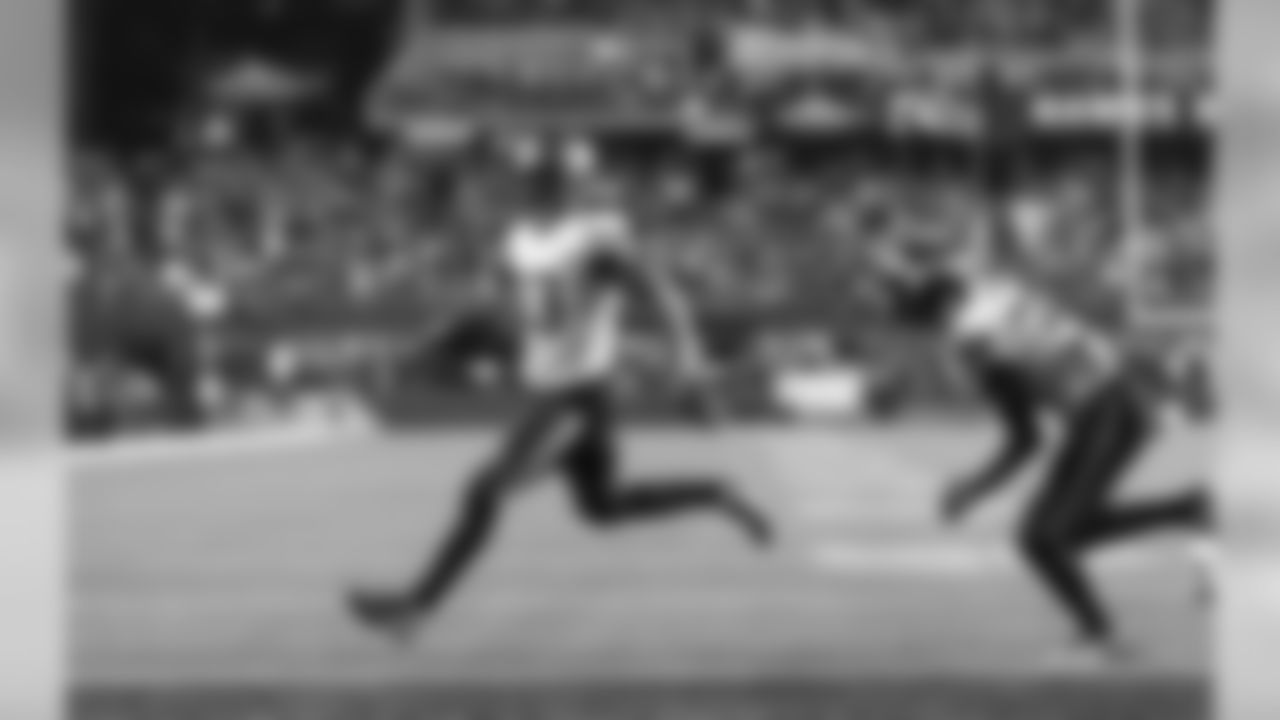
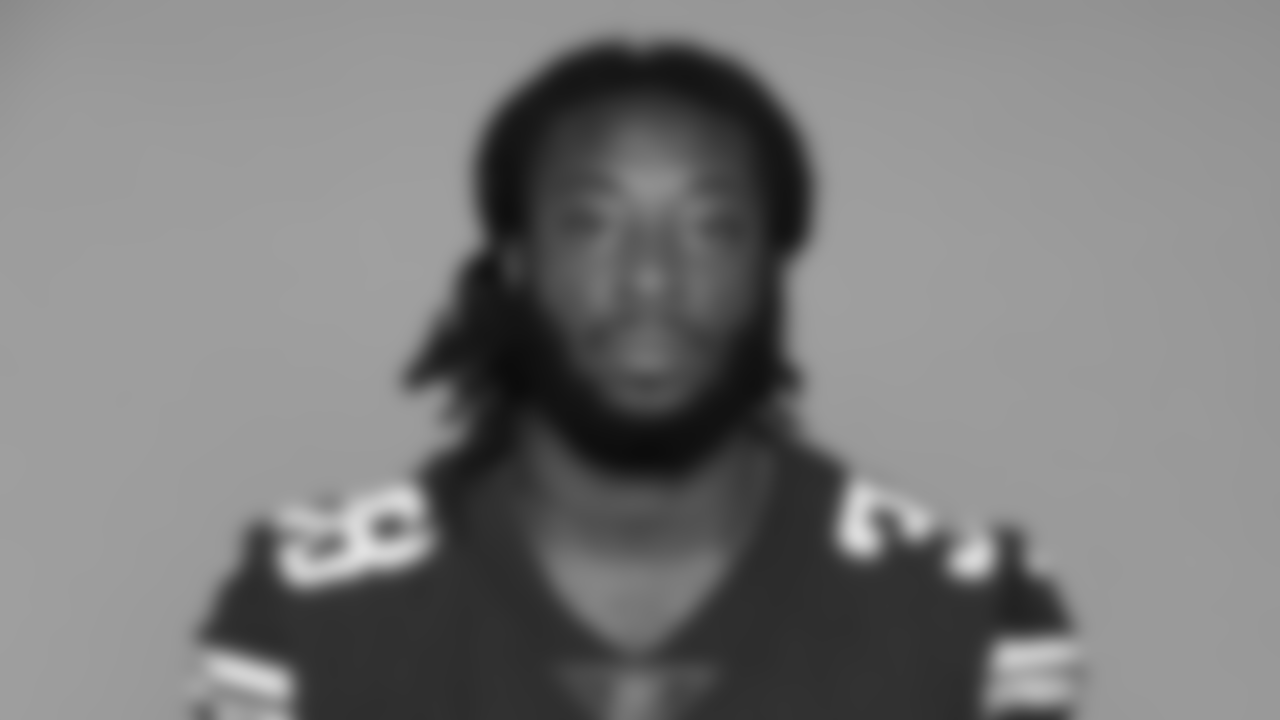


39 CB Dylan Mabin
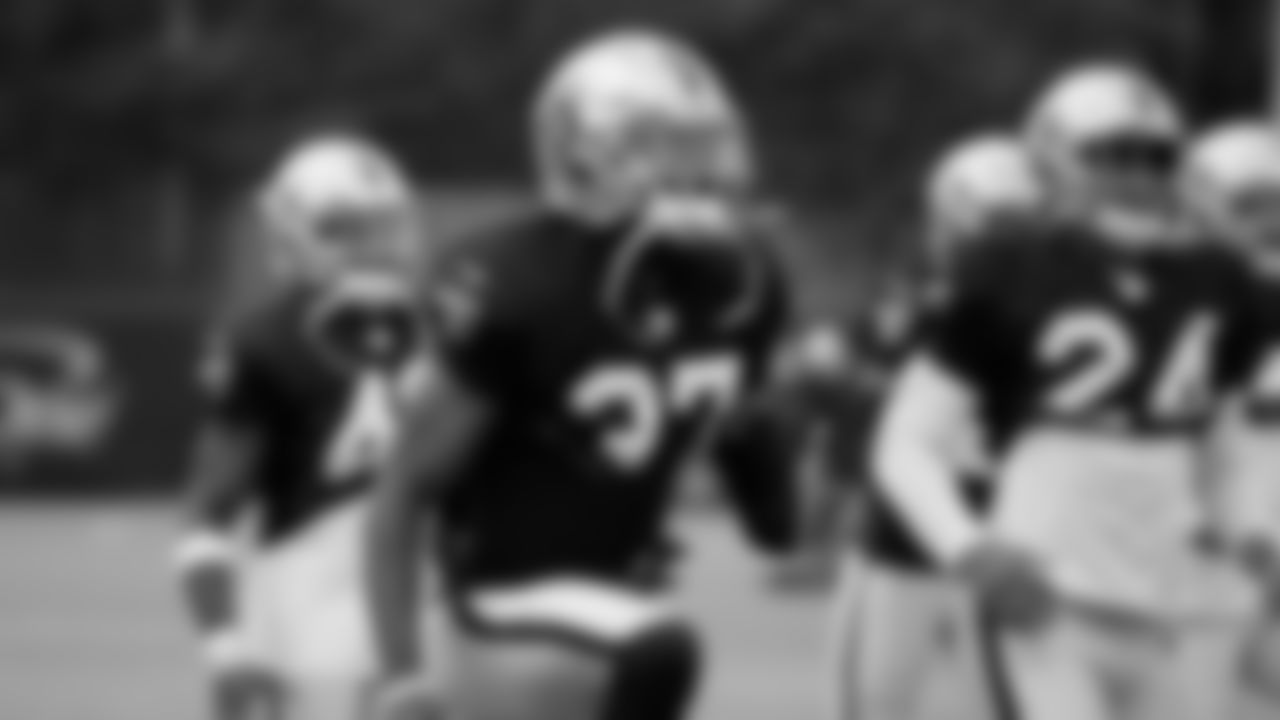
39 CB Dylan Mabin

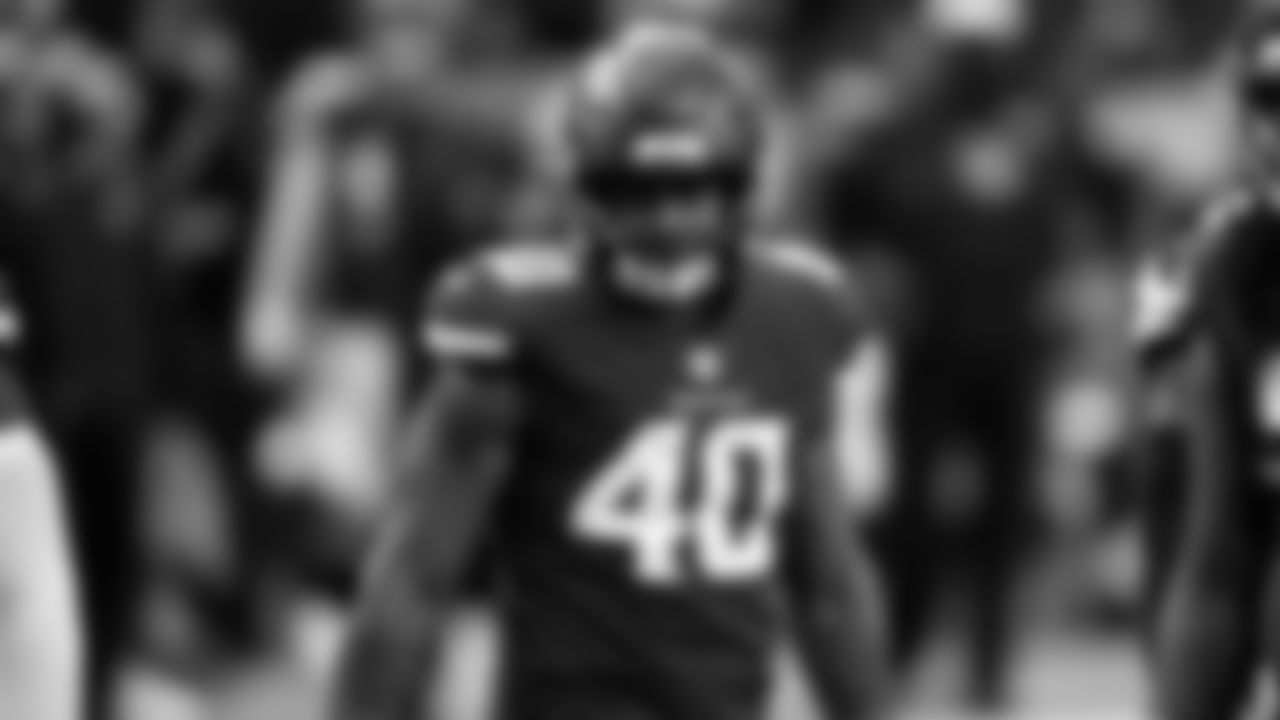
40 LB Todd Davis
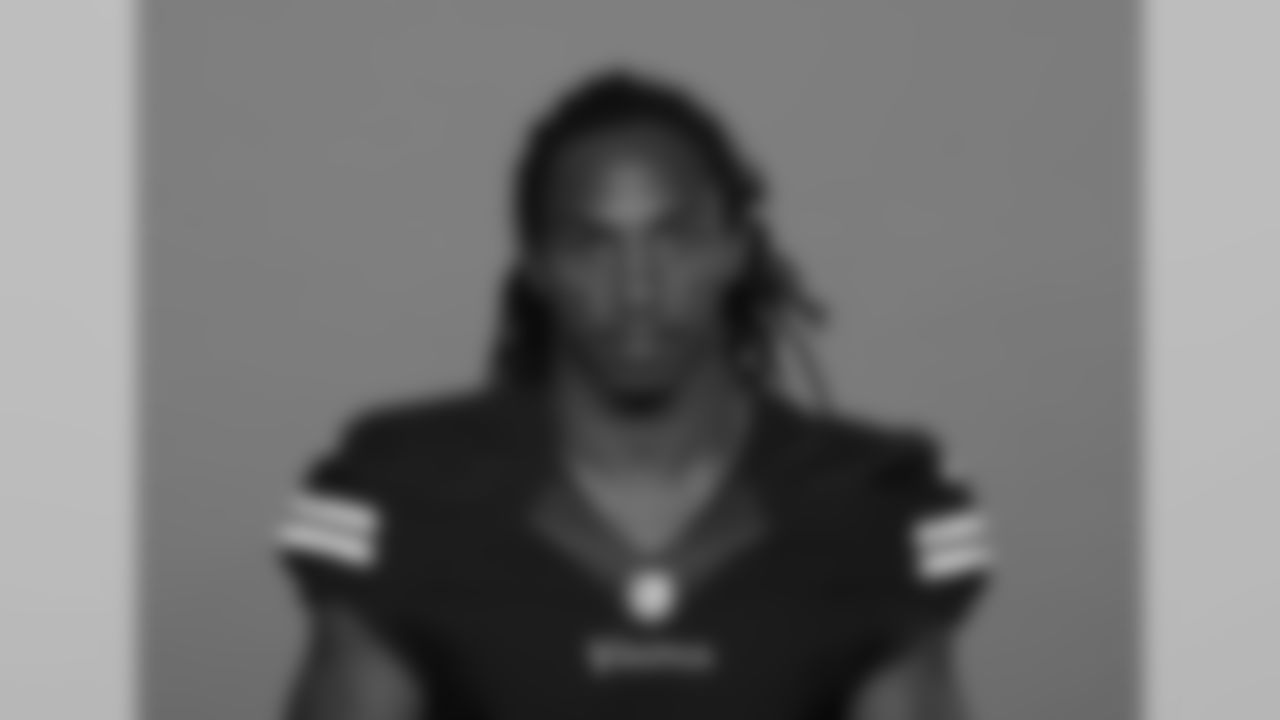


42 LS Andrew DePaola
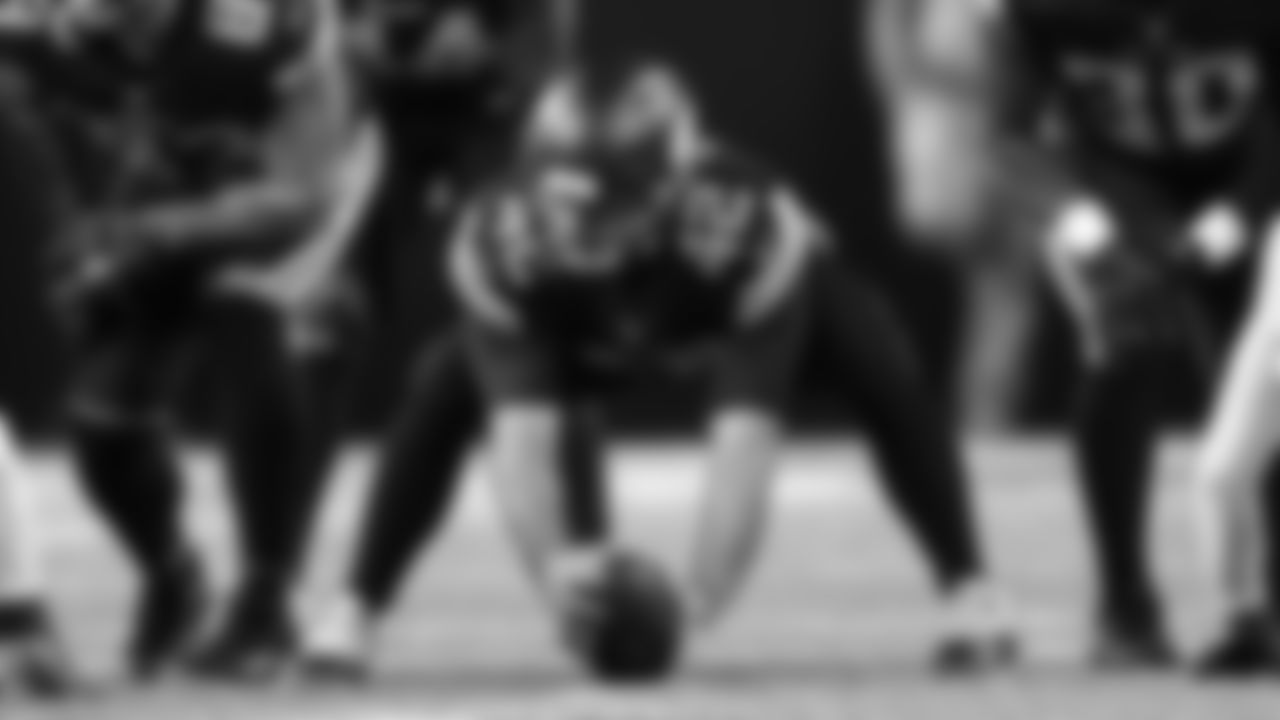
42 LS Andrew DePaola
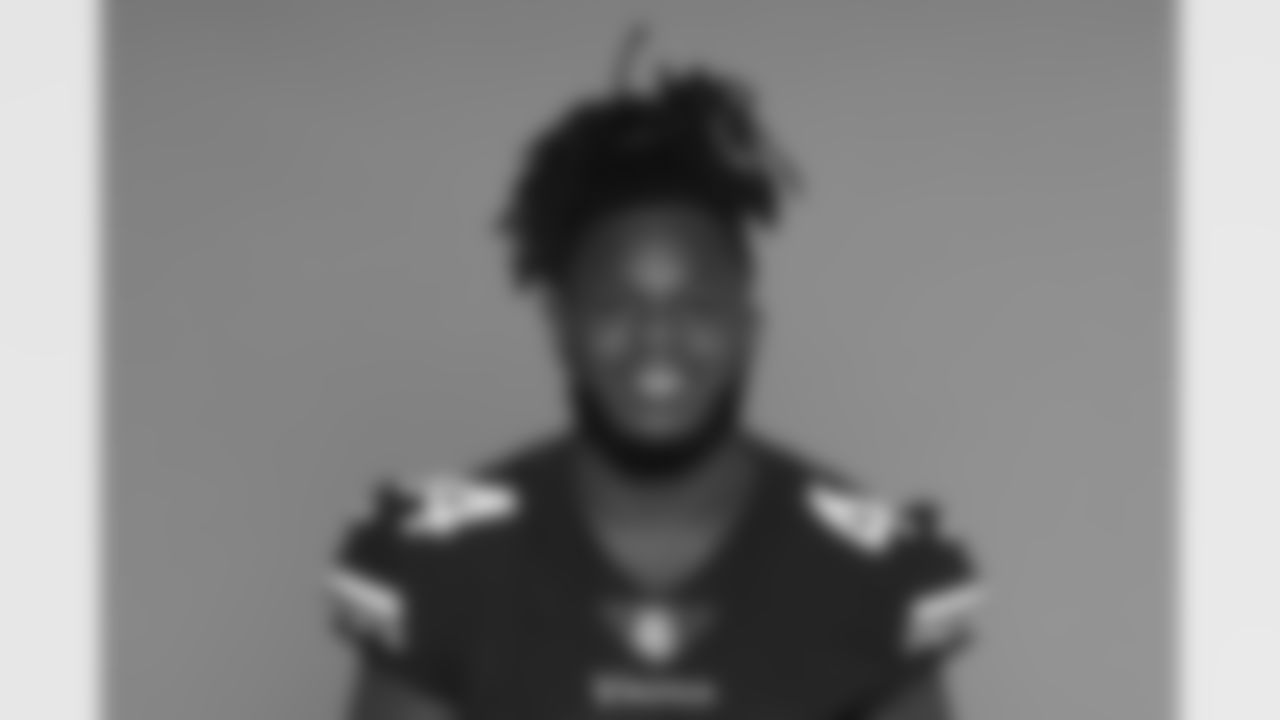
44 S Josh Metellus


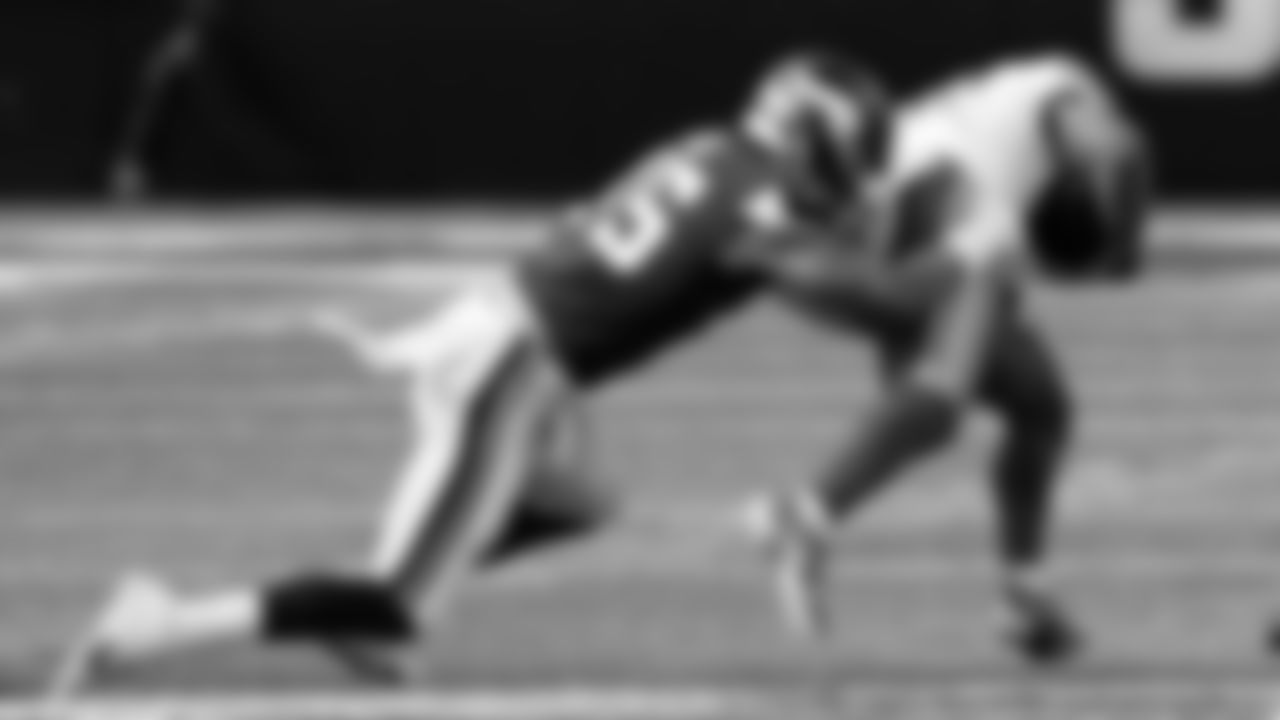
45 LB Troy Dye
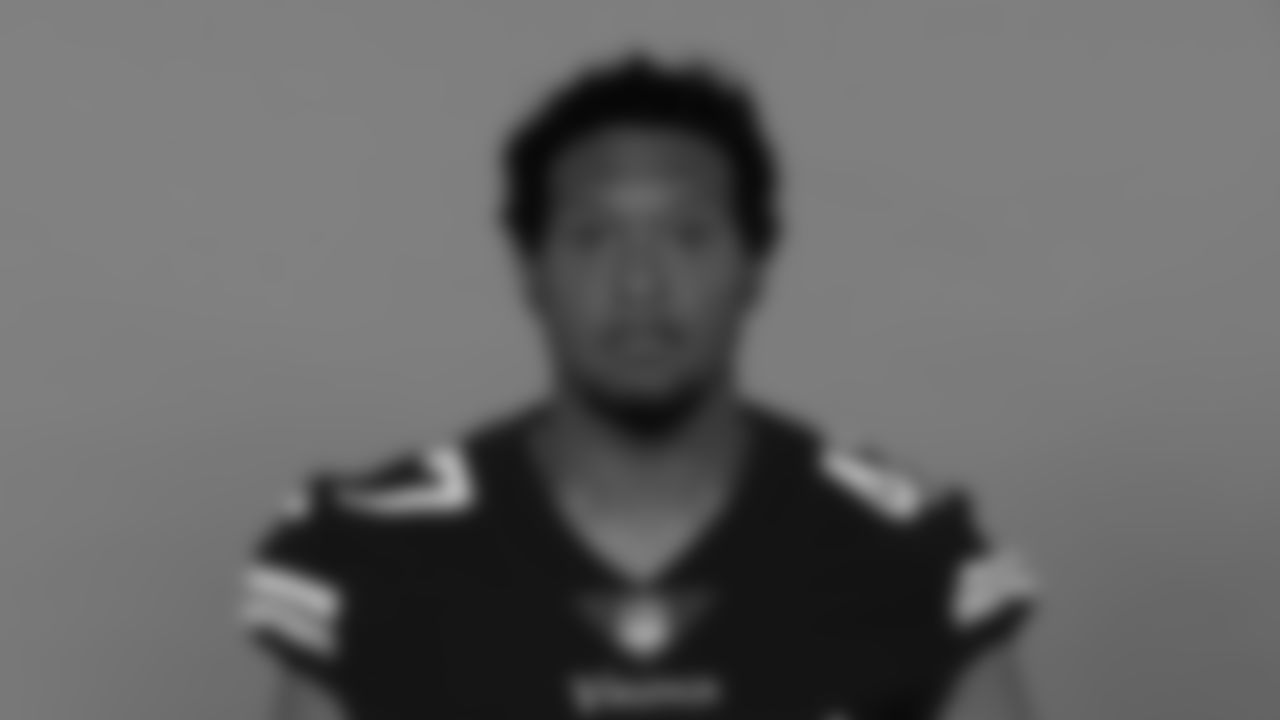


48 LB Blake Lynch

48 LB Blake Lynch



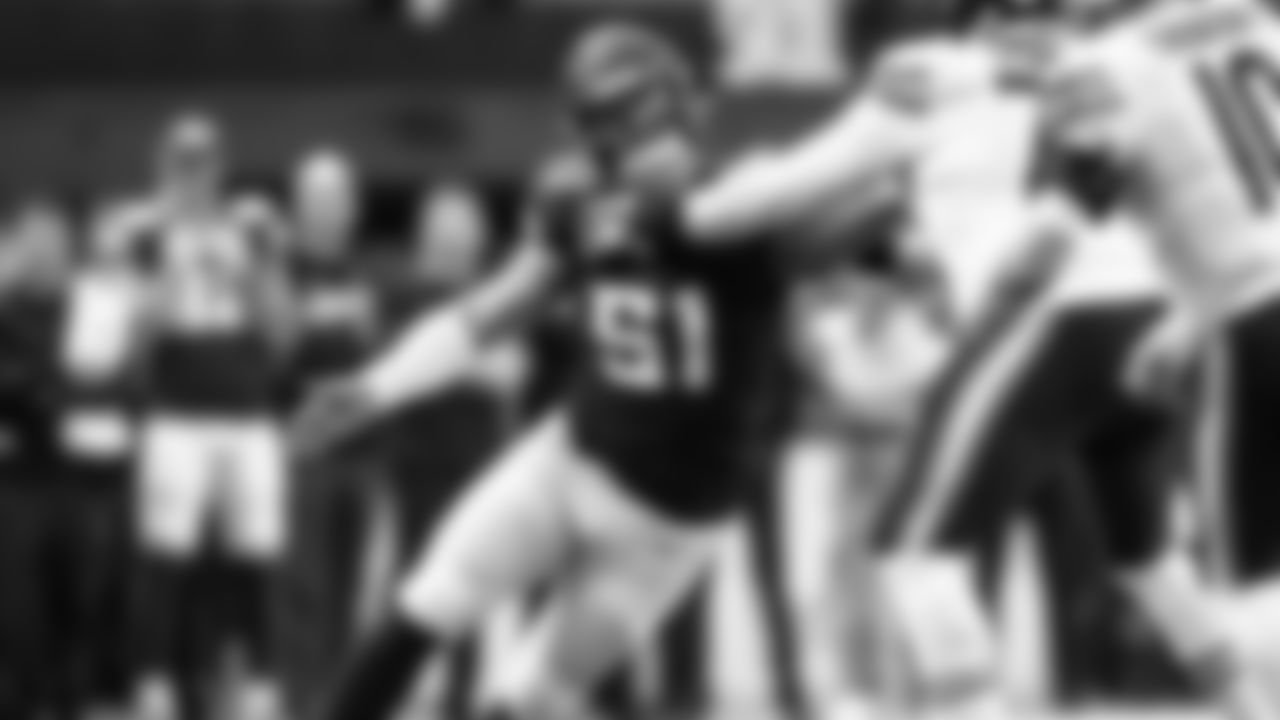



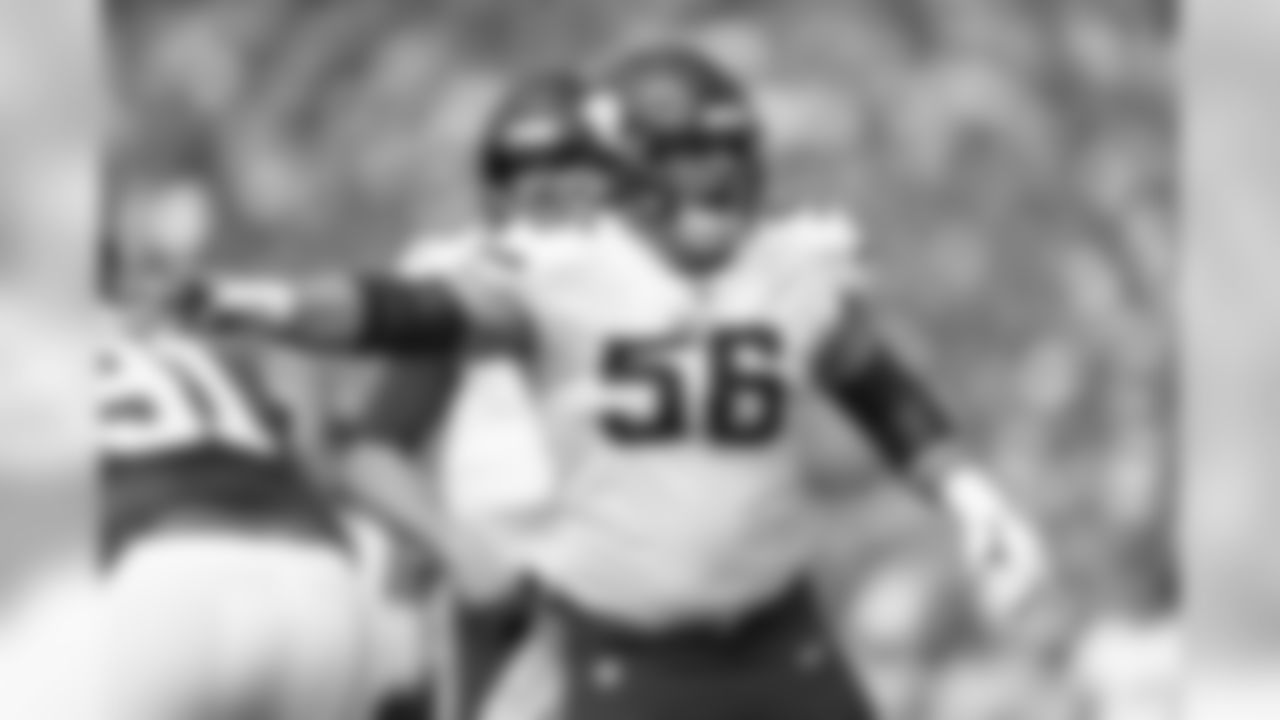




61 C Brett Jones


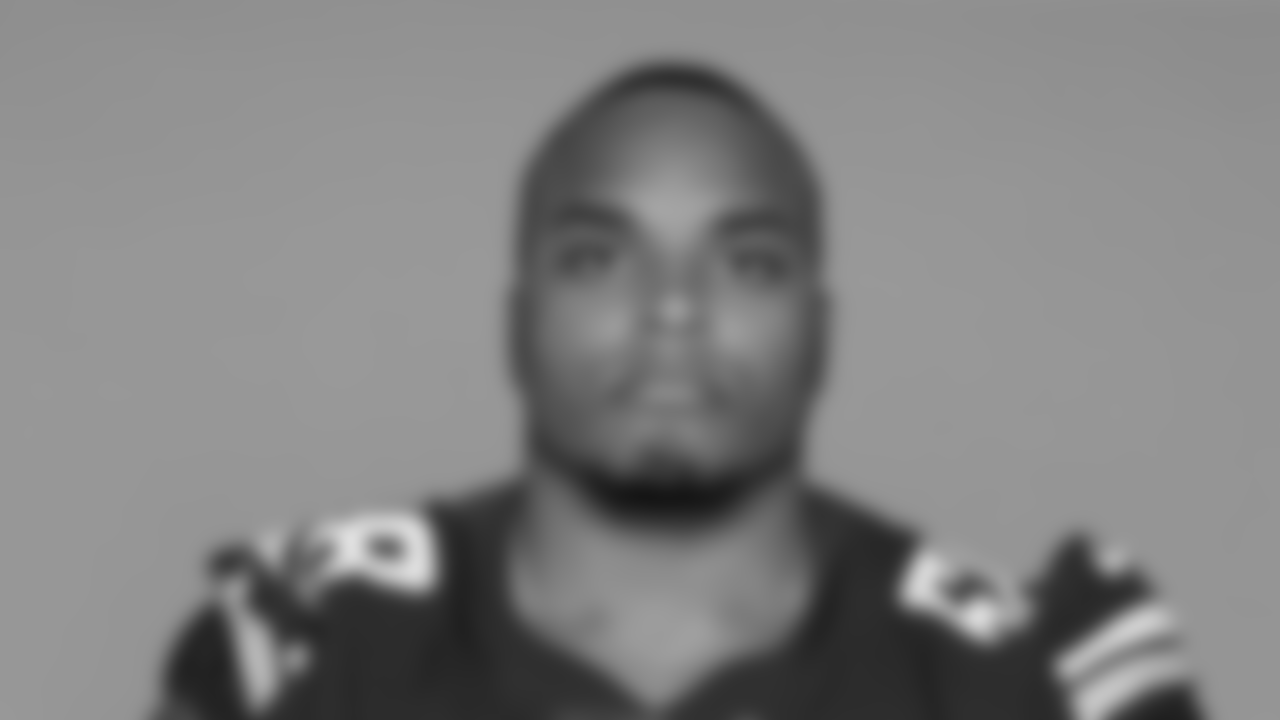
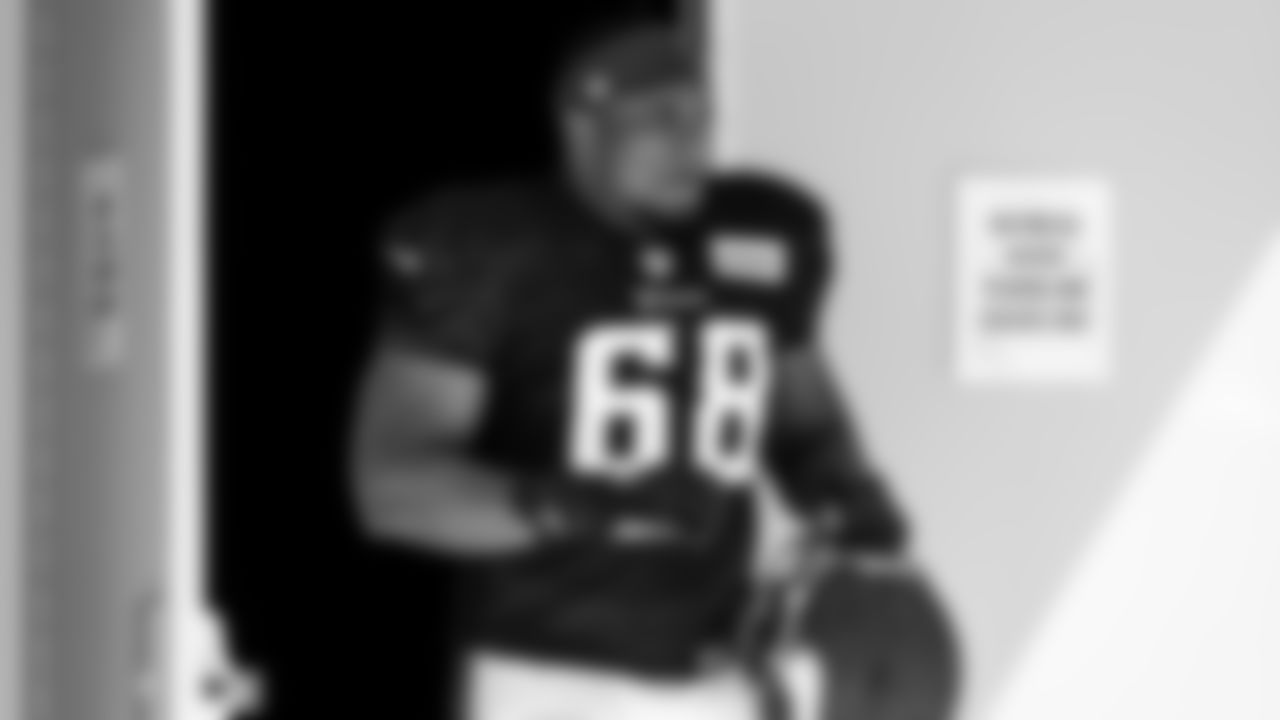
68 G Kyle Hinton





73 G Dru Samia
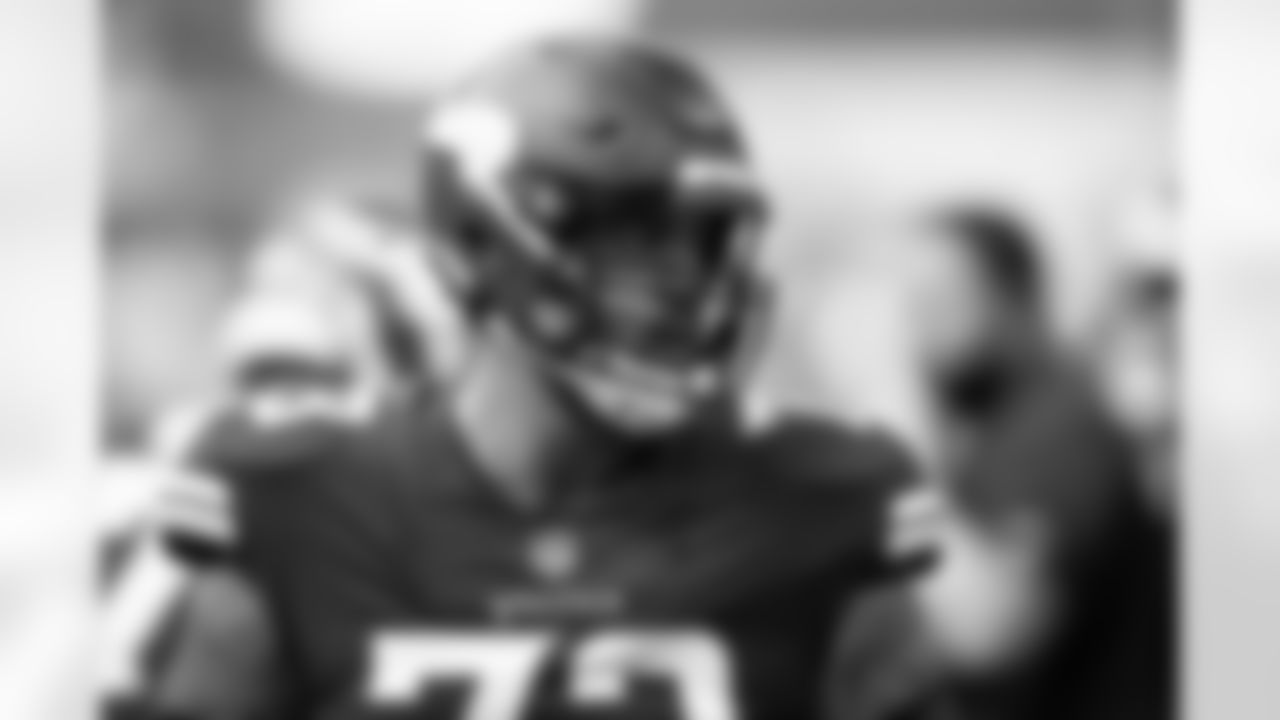
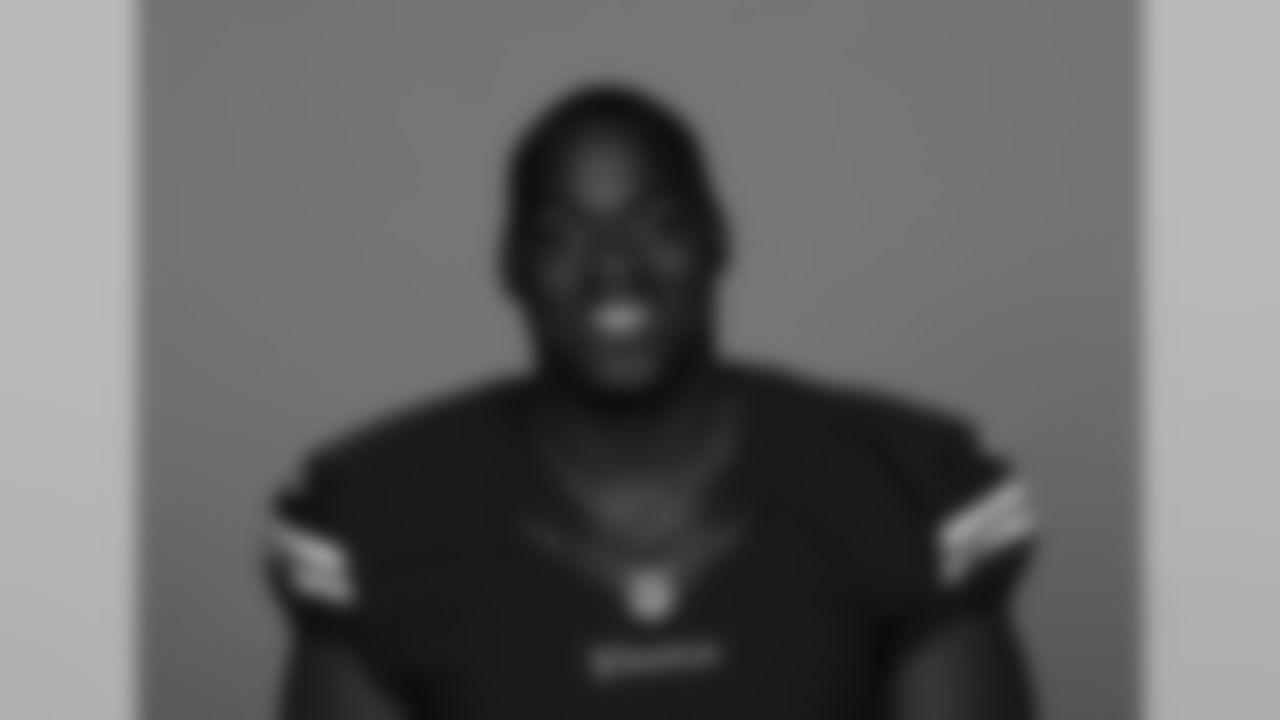

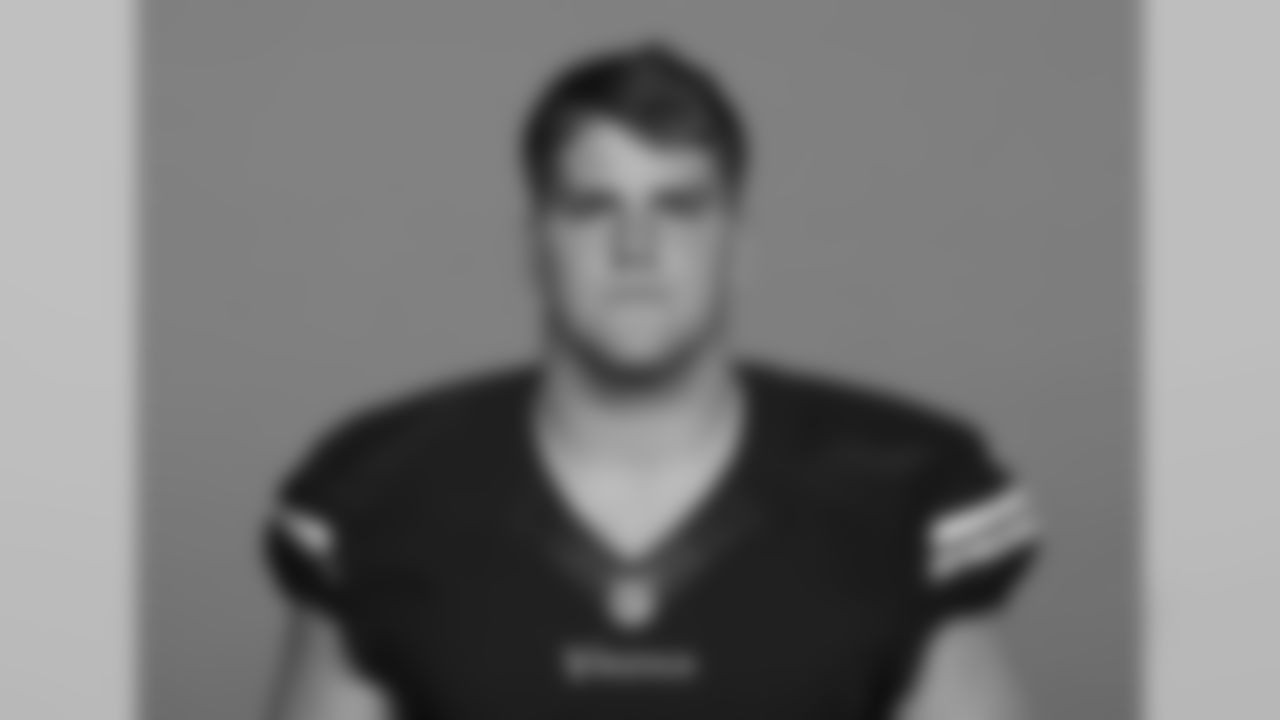

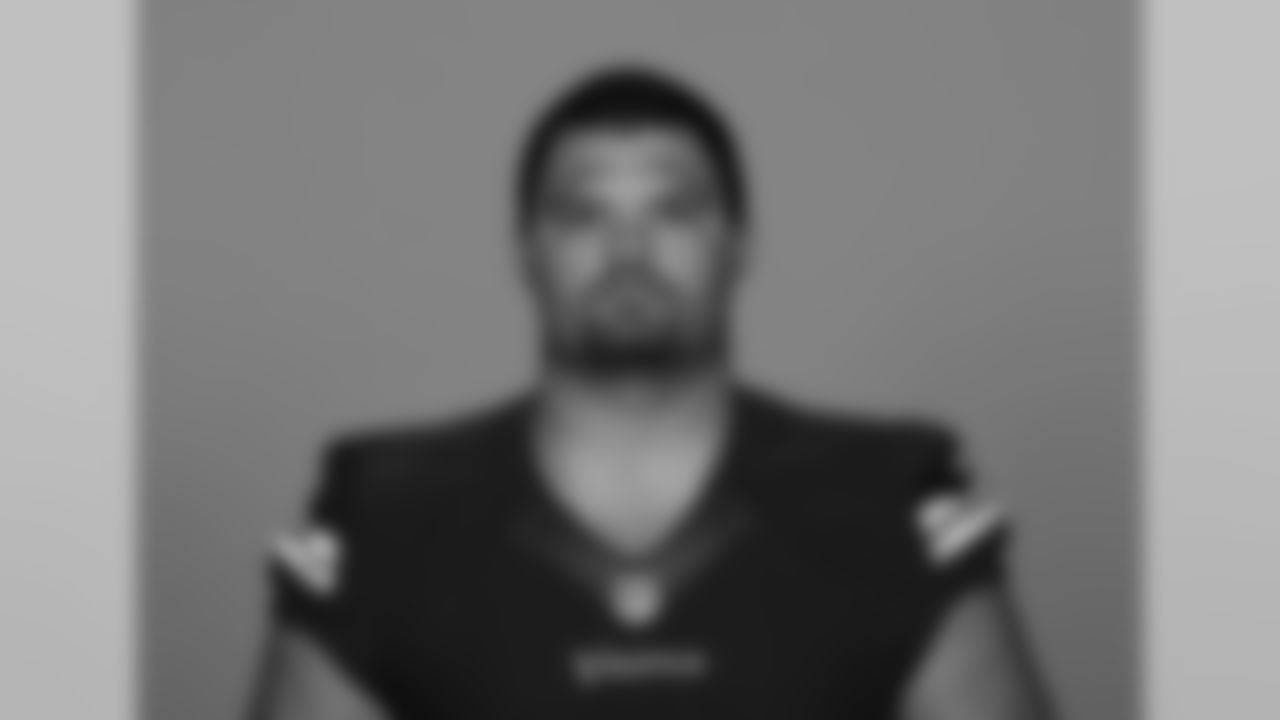
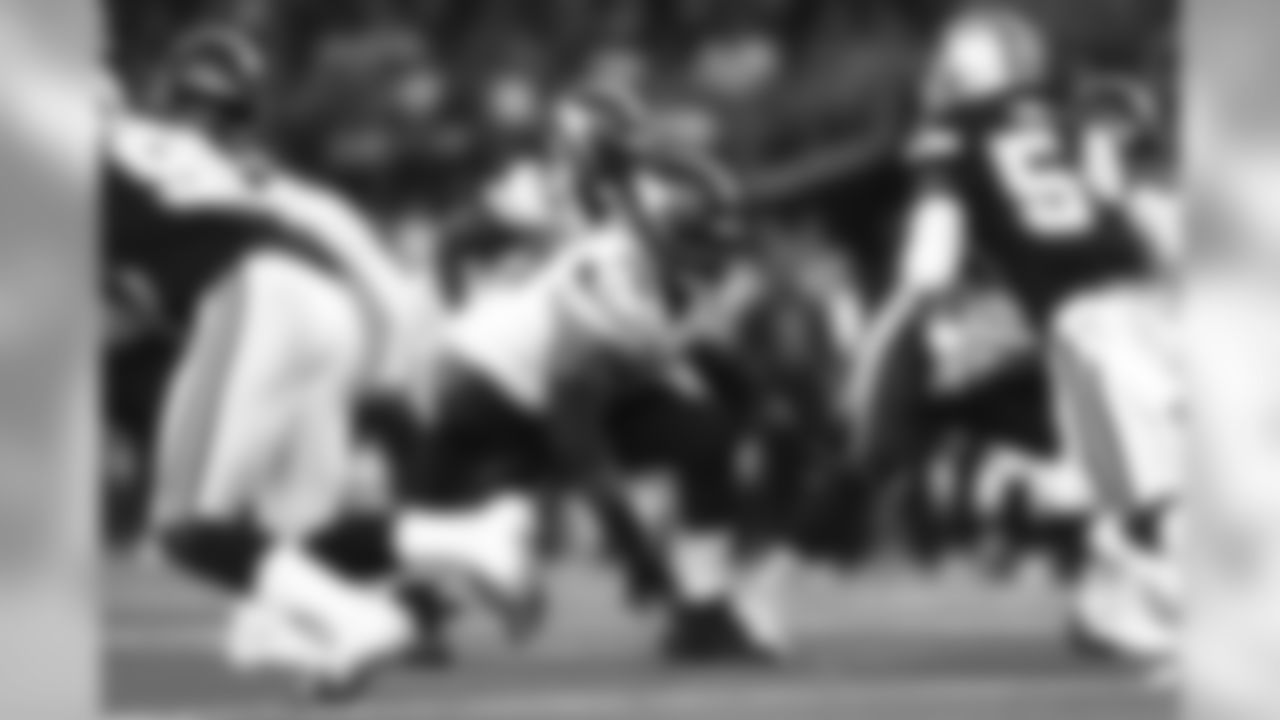

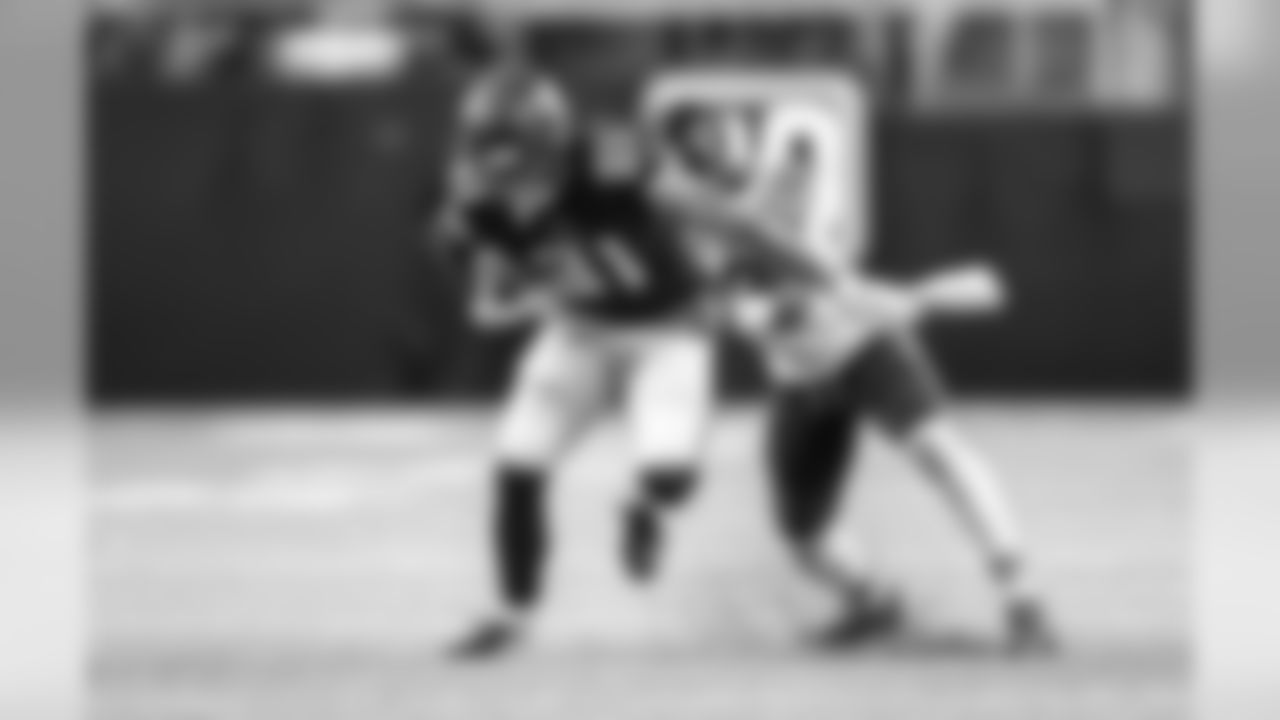
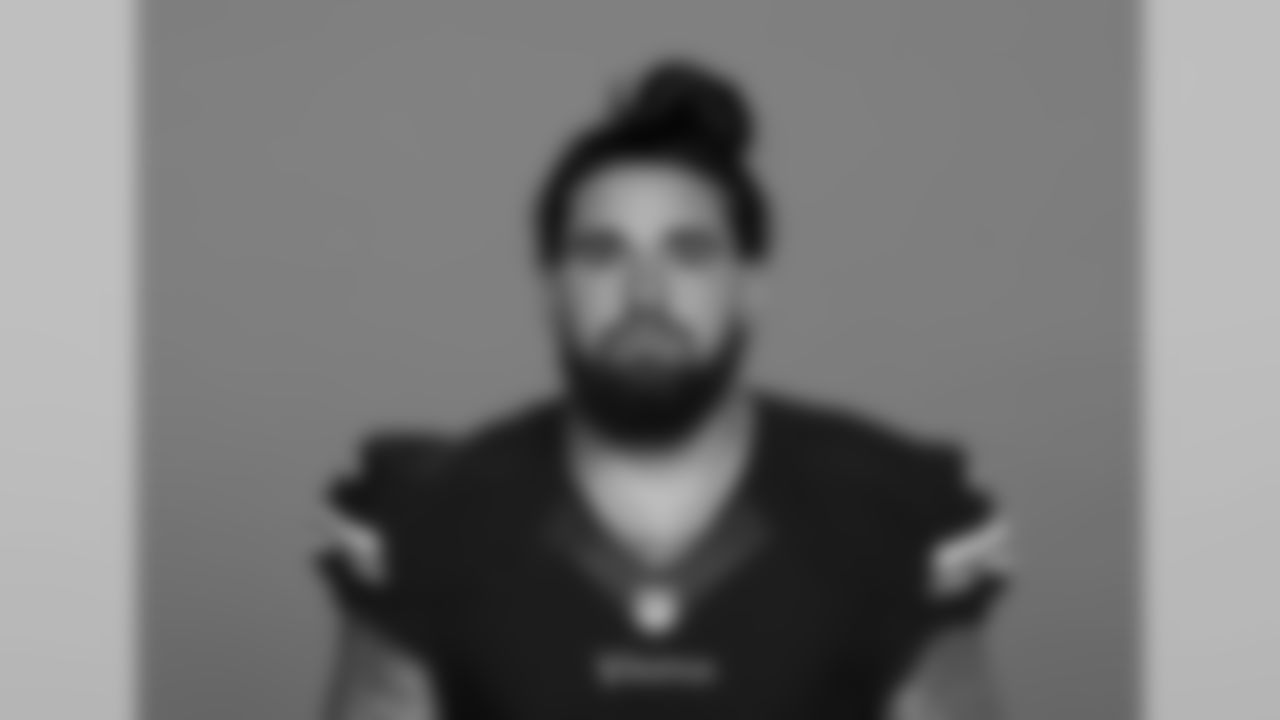


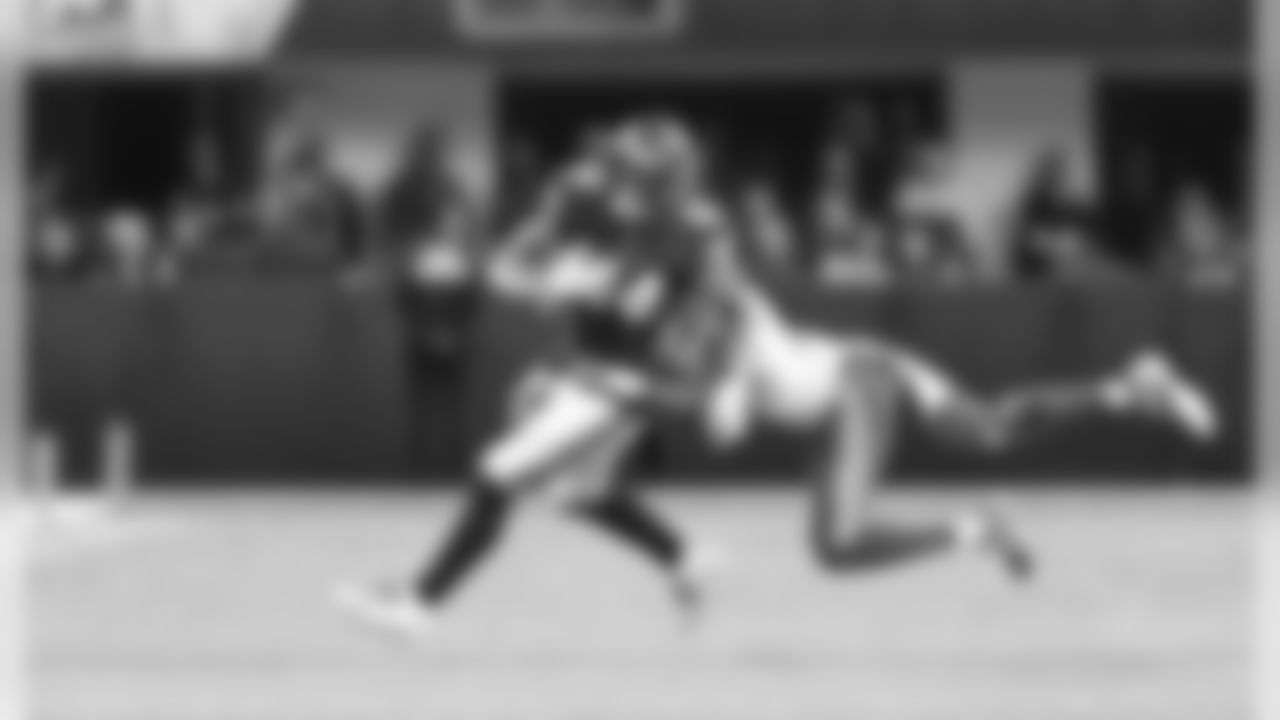

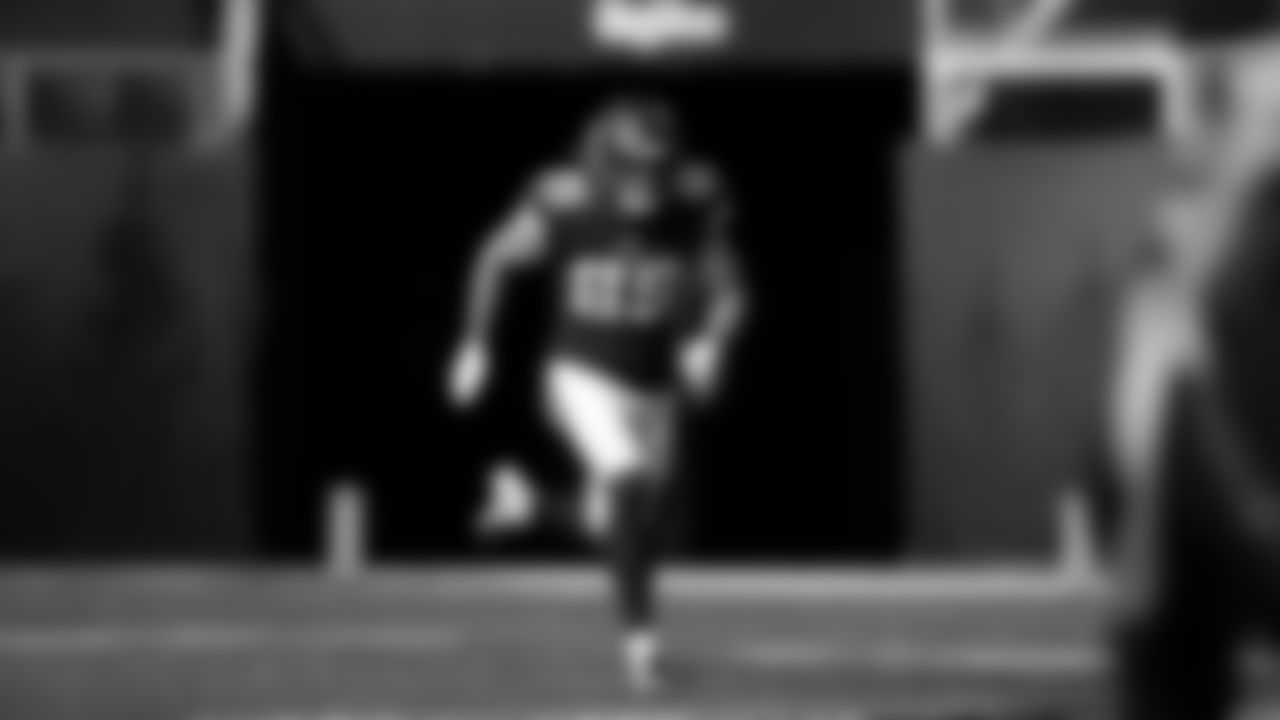
85 WR Dan Chisena

87 TE Hale Hentges
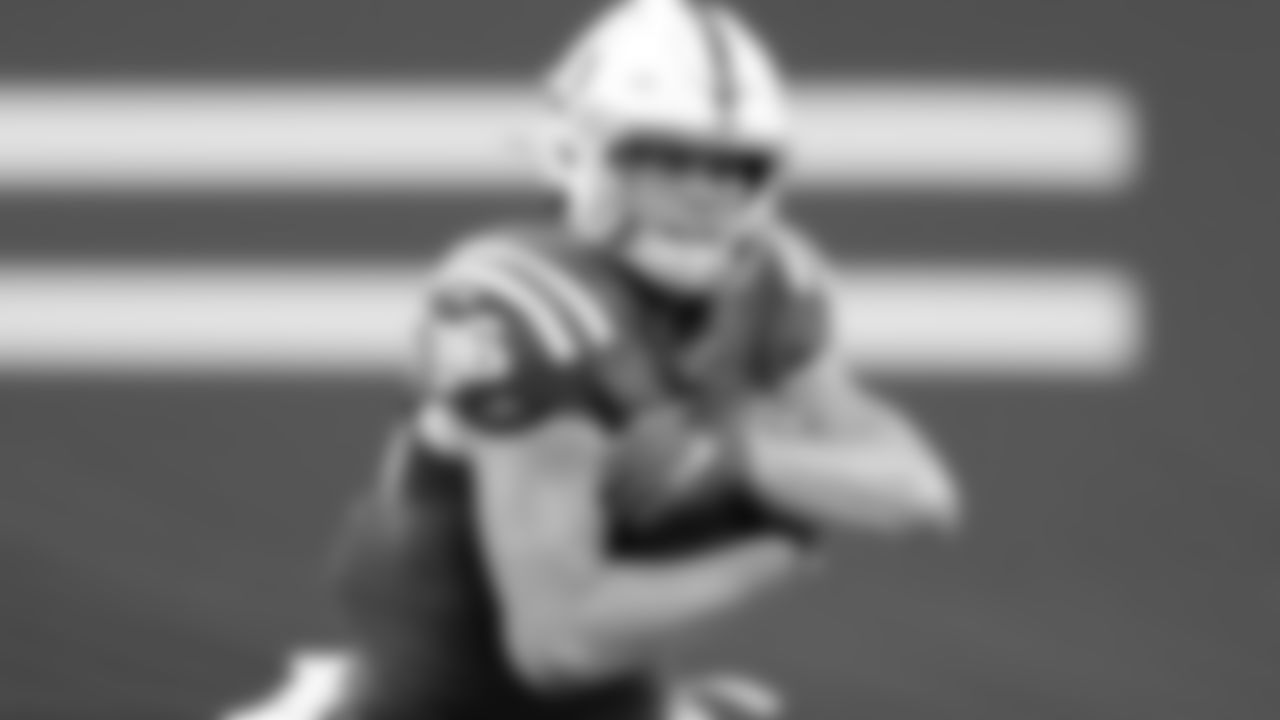
87 TE Hale Hentges
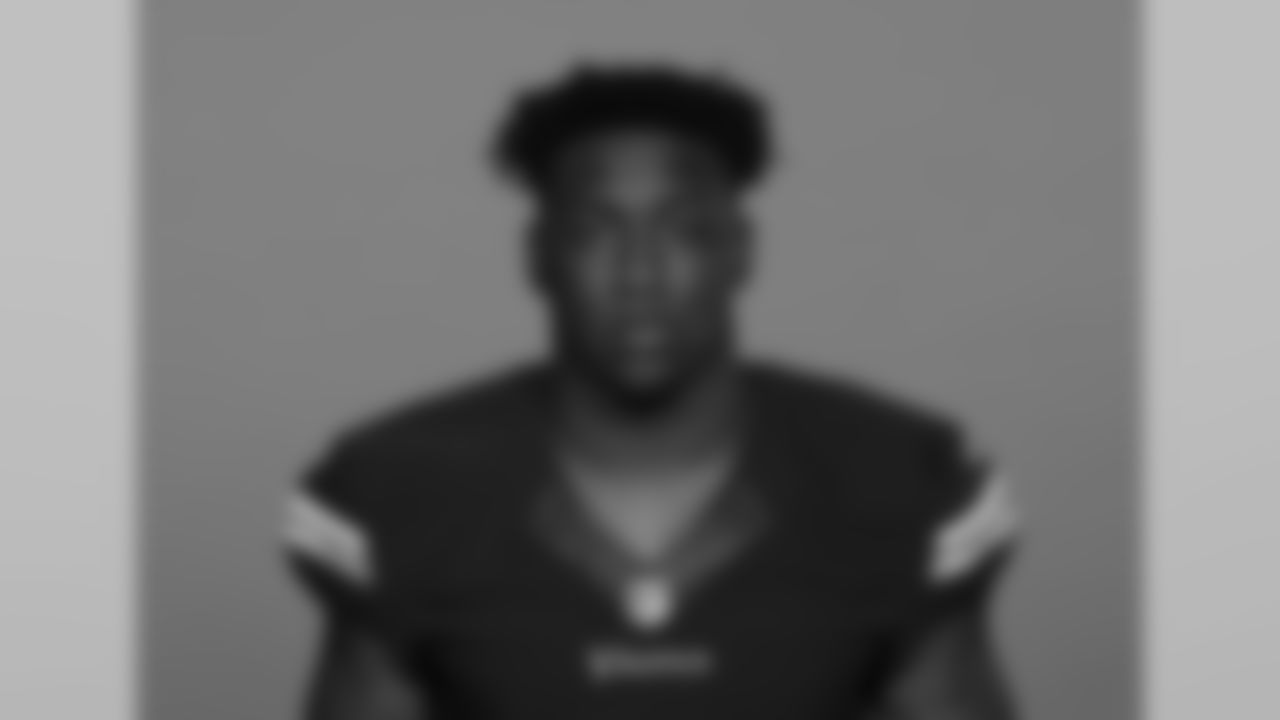


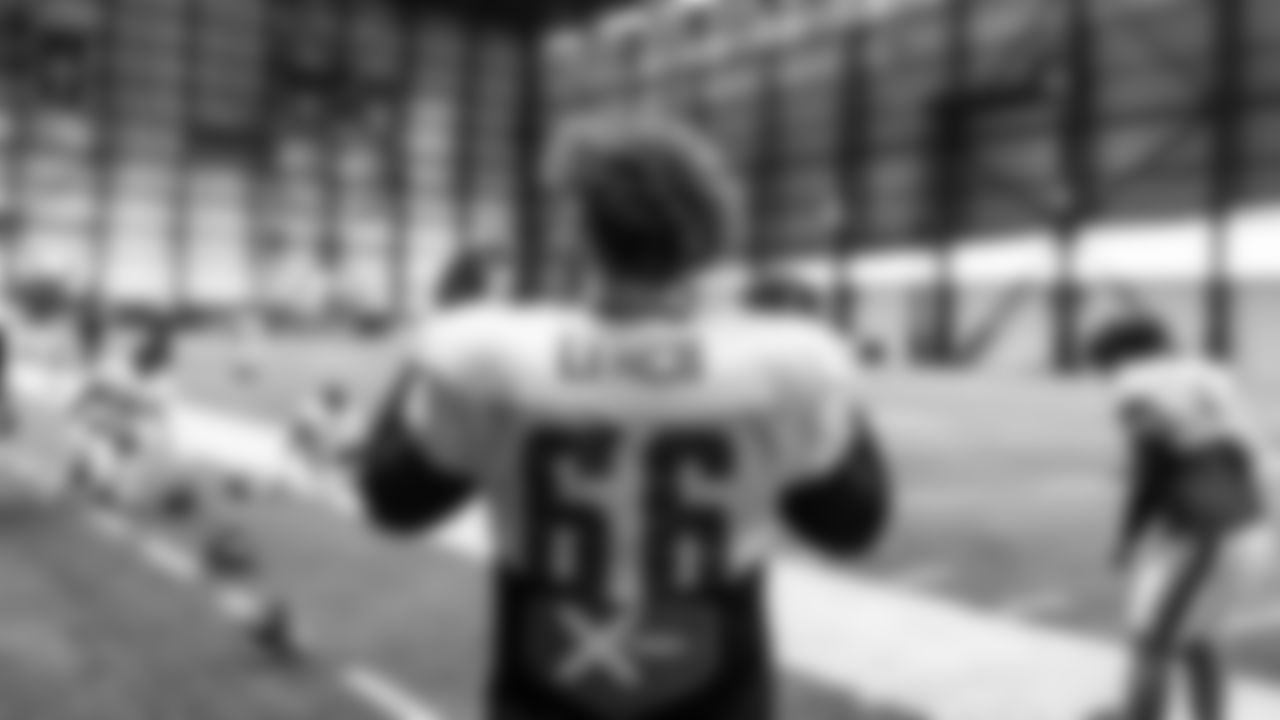
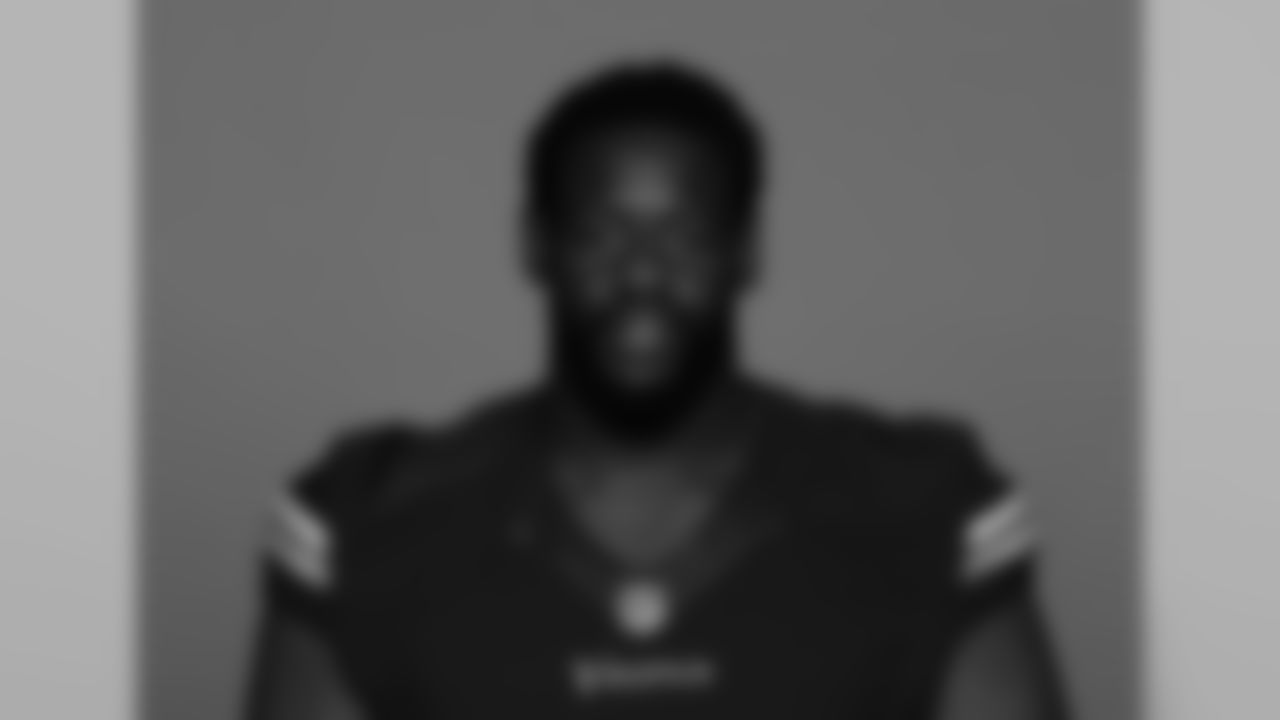
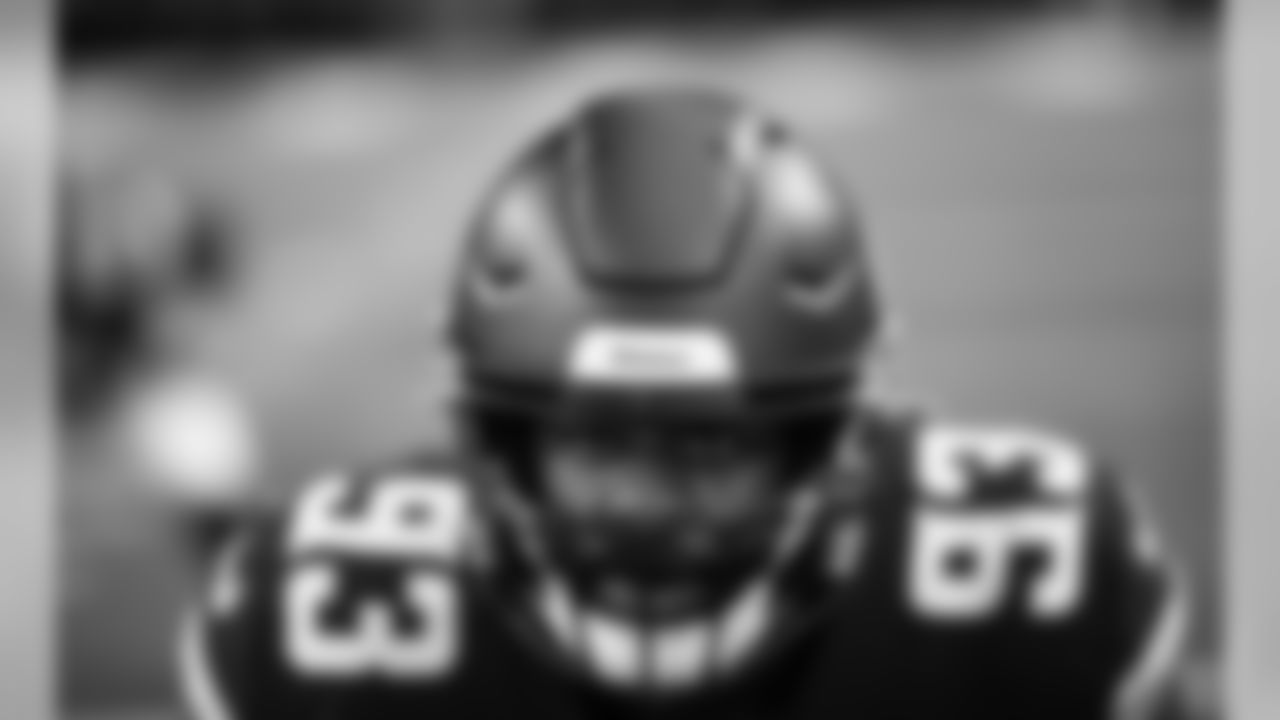





96 DT Armon Watts
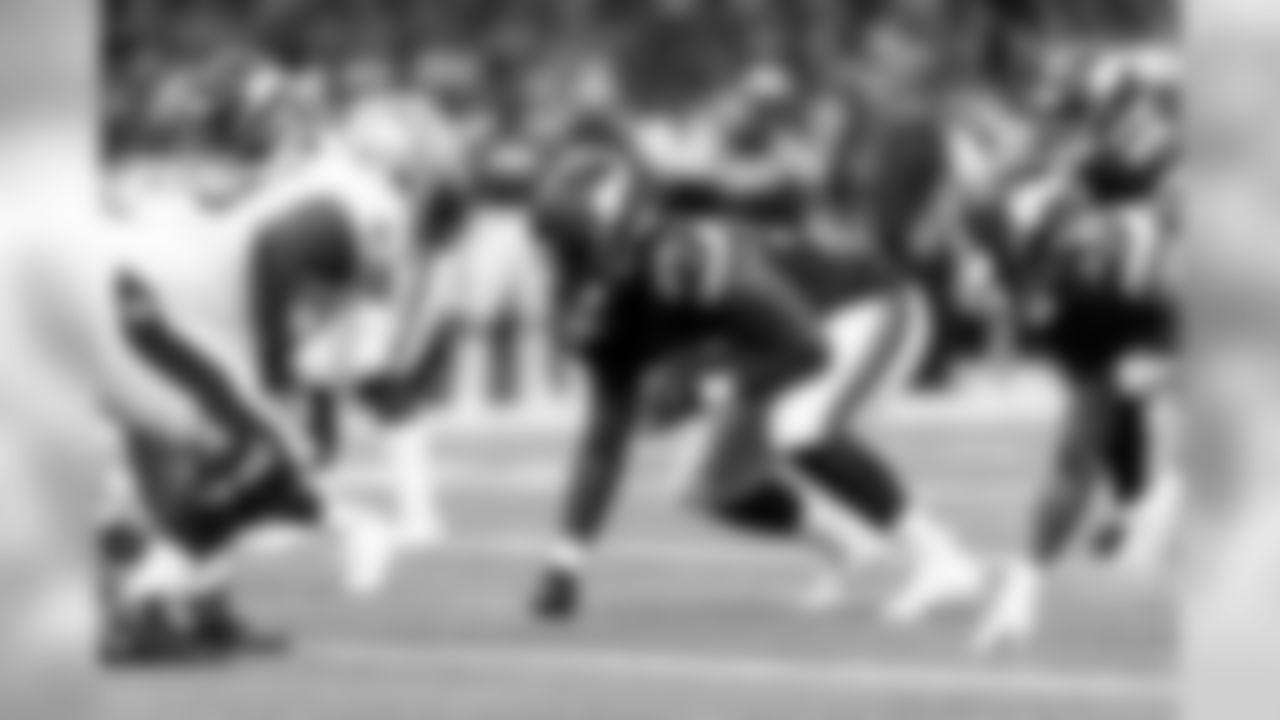
96 DT Armon Watts


Seifert added, "More scoring drives have led to some wild fourth quarters, as illustrated by a record number of onside kicks (55)."
The Vikings have fallen victim to another trend: home defenses are getting drawn offsides more often this season than ever before.
It started in Week 1, when Green Bay Packers quarterback Aaron Rodgers – who might have the game's best hard count – coerced two neutral-zone infractions from the Minnesota Vikings at Minneapolis' U.S. Bank Stadium. Overall, there have been 64 neutral-zone infractions by home teams, 18.5% more than the next-highest total for a season since at least 2001, a clear illustration of the impact of quiet stadiums.
Home teams have accounted for 54.7 [percent] of all such penalties, well above the average rate from 2010 to '19 (37.8 percent). During the past decade, that rate has never been higher than 48 [percent] for a single season.
To see seven other trends that have come about during the pandemic-altered NFL season, click here.
Protection struggles at Tampa Bay overshadowed by missed kicks
There's no denying the impact that kicking woes had on the Vikings loss at Tampa Bay Sunday.
Dan Bailey missed an extra point and three field goals, essentially leaving 10 points on the table that would have changed the trajectory of the game.
But while those mistakes are inexcusable, Bailey wasn't the only one who experienced struggles against the Buccaneers. Vikings Head Coach Mike Zimmer, quarterback Kirk Cousins and receiver Adam Thielen were among those who acknowledged just that in their postgame and Monday sessions with media.
The Star Tribune's Ben Goessling emphasized that "the reason Bailey was attempting field goals at all was because a Vikings offense that moved the ball effectively against the Buccaneers strong defense couldn’t finish drives with touchdowns." Goessling wrote:
Quite often on Sunday — and especially on two of the three drives that ended with missed Bailey field goals — the Vikings issues were rooted in how they handled pressure. All six of Tampa Bay's sacks came in Buccaneers territory, and three of the six directly preceded Bailey field goal attempts, taking the Vikings out of position where going for it on fourth down was even a realistic option.
Goessling said that Bucs Defensive Coordinator Todd Bowles blitzed Cousins "a modest 34 percent of the time … often choosing not to send extra pressure after Cousins."
Instead, Bowles found he didn't need to devote extra rushers, as the Buccaneers generated five of their six sacks with a standard four-man rush.
On the Buccaneers first sack, Shaq Barrett and Steve McLendon worked a stunt around Dakota Dozier, forcing the Vikings to punt on a drive that had reached the Tampa Bay 32. The second came on third-and-7 from the Buccaneers 11, when the Vikings lined up in a rare four-receiver set and motioned Chad Beebe out of the backfield; Tampa beat the Vikings five-man protection with a standard rush, as Anthony Nelson nearly stripped the ball from Cousins' hands before Ndamukong Suh finished the sack.
The only Tampa Bay blitz for a sack, wrote Goessling, occurred when the Bucs brought seven rushers after Cousins and safety Antoine Winfield, Jr., forced a fumble.
That sack came on second down; on third down, Barrett dipped inside of right tackle Rashod Hill (who was playing after Brian O'Neill left with an eye injury) to get to Cousins, forcing a 4th-and-goal from the Buccaneers 28.
In the fourth quarter, Pat O'Connor beat Ezra Cleveland with a spin move off of his initial rush, and on the Vikings final offensive play, Cousins never seemed to feel Jason Pierre-Paul coming after him as he moved to his left. Pierre-Paul stripped Cousins, providing a fitting end to a day where the Buccaneers were consistently getting to the quarterback with an arm to swipe at the ball.
























